Building Community by Reimagining Care with Brent Asplin, Co-founder and CEO of Gather Health
Some of our clients



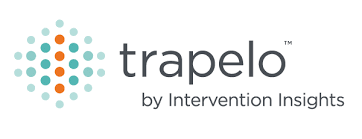


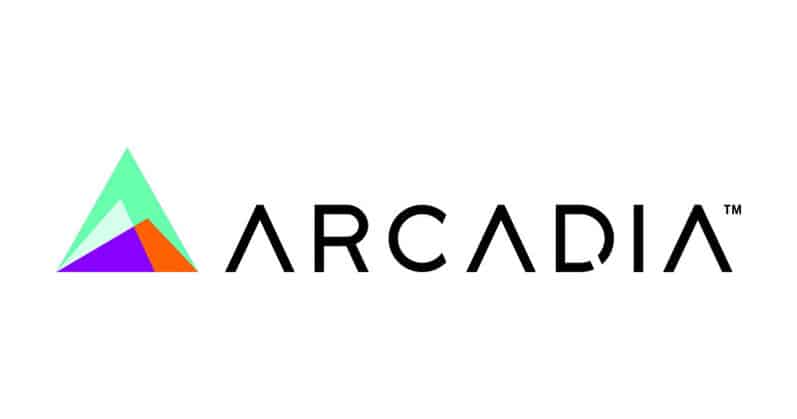


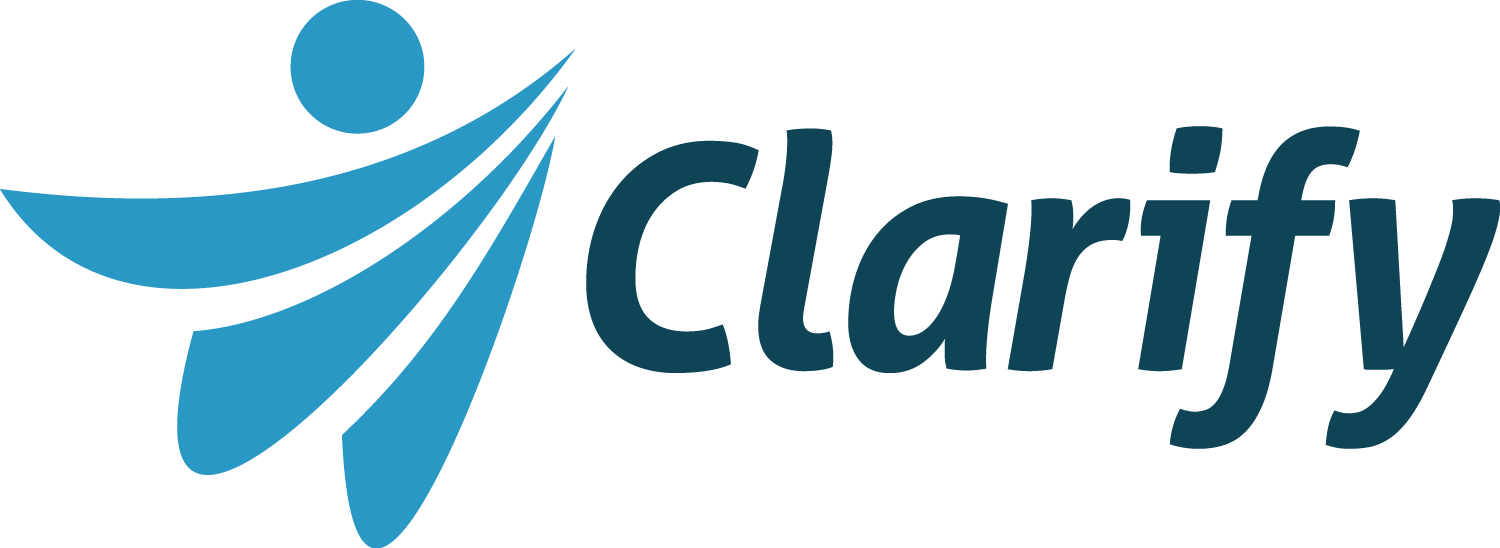
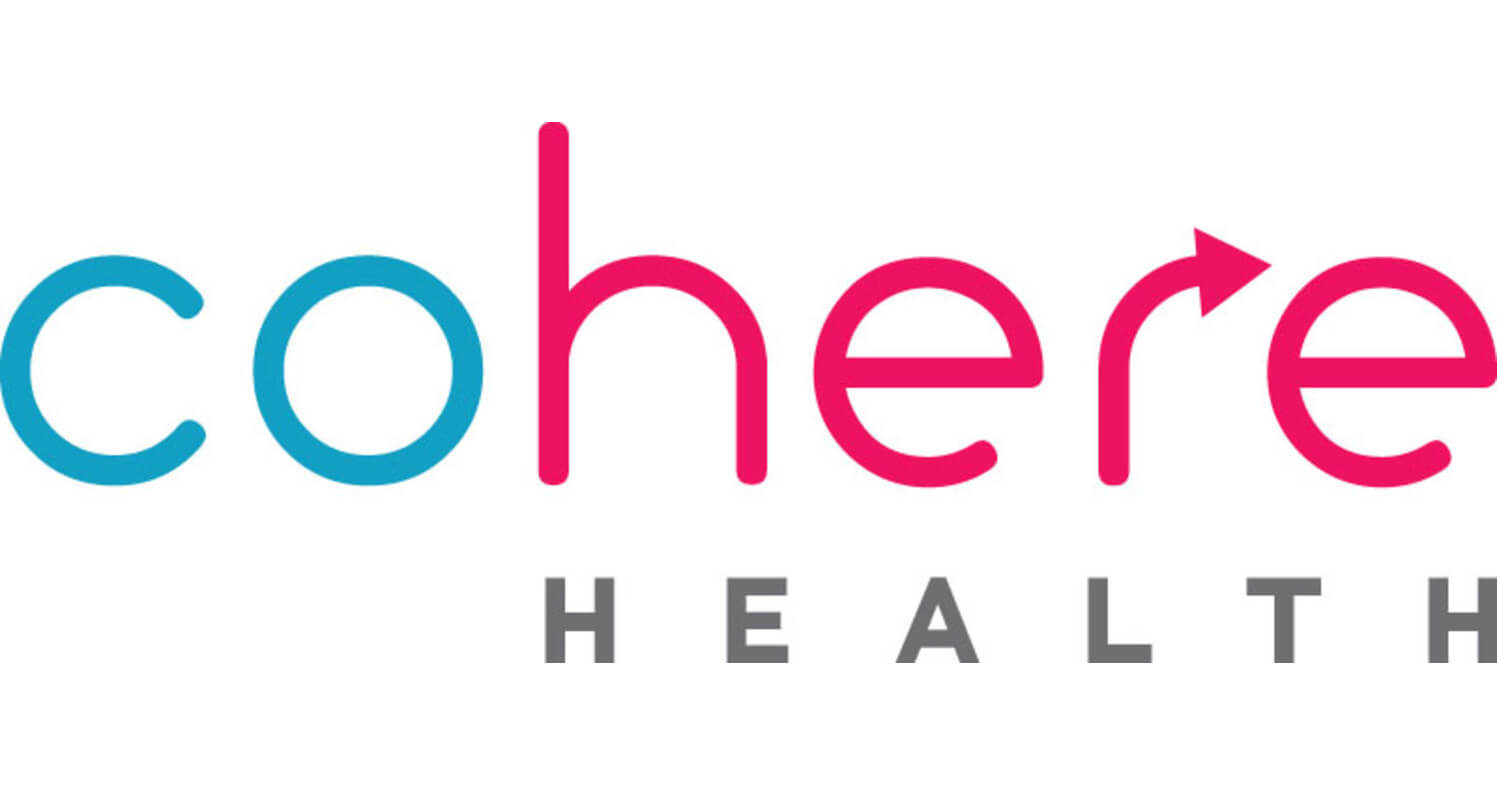


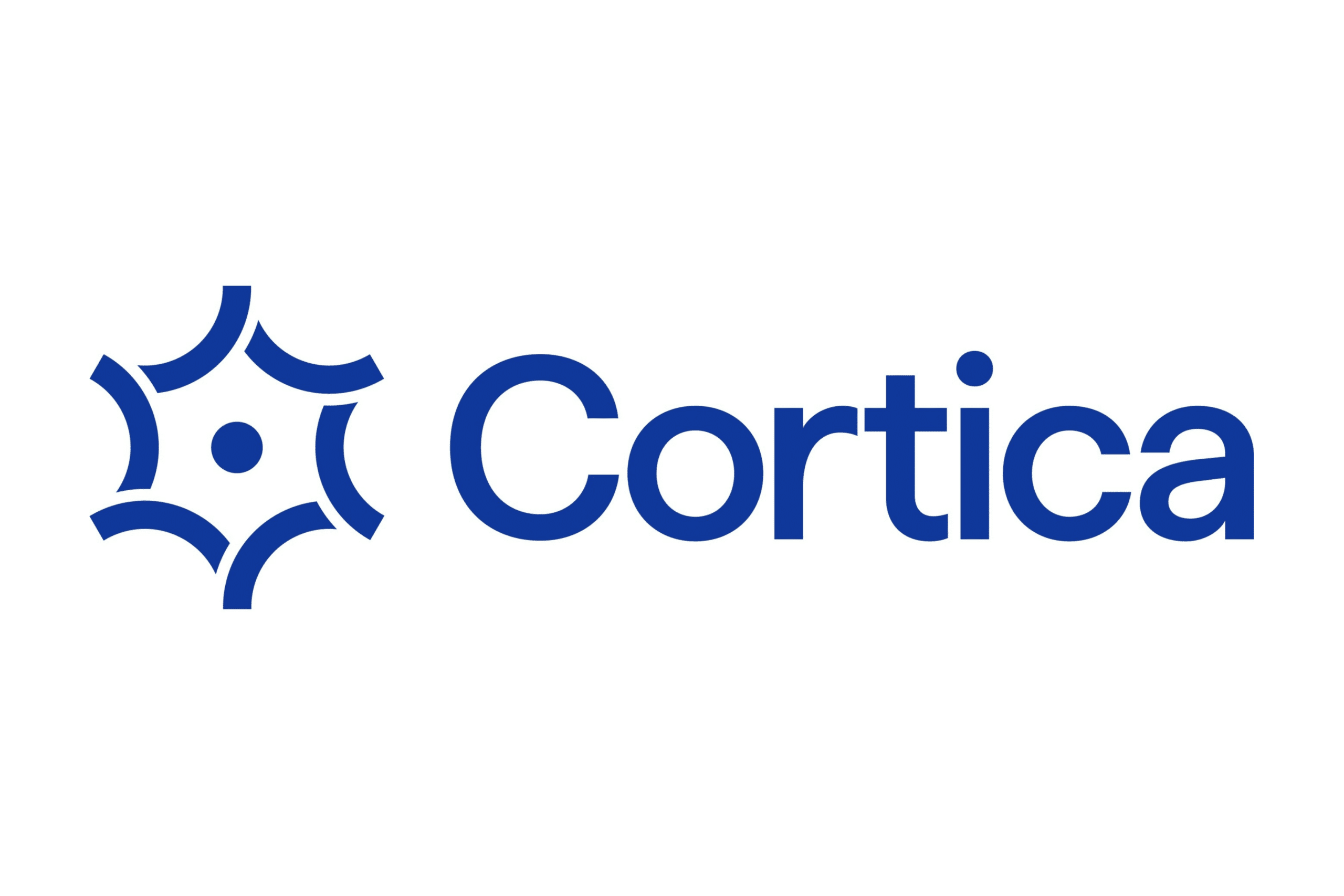
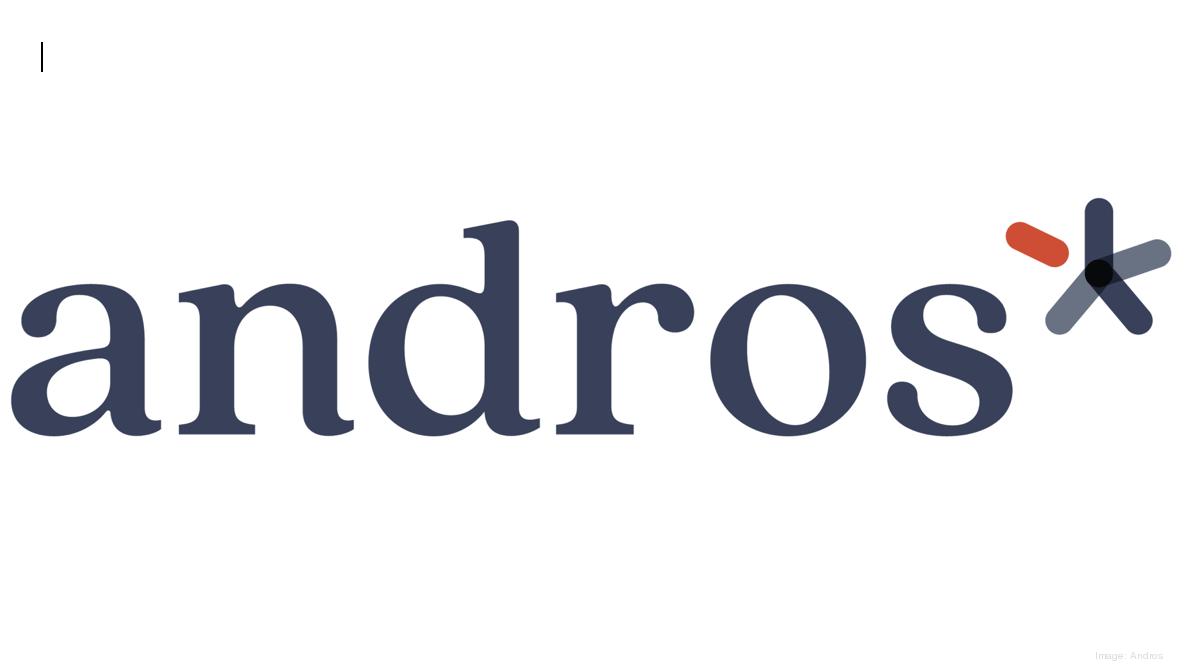

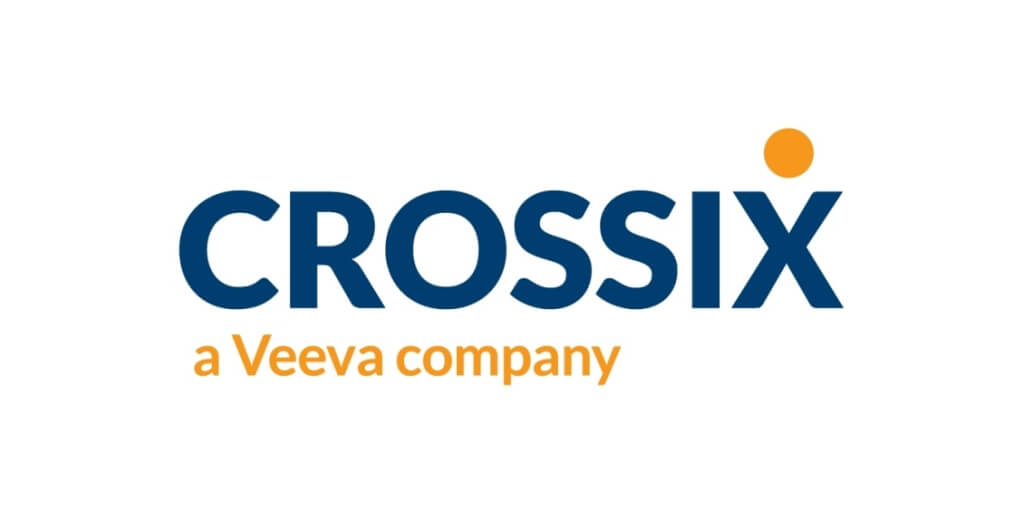
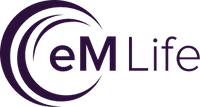

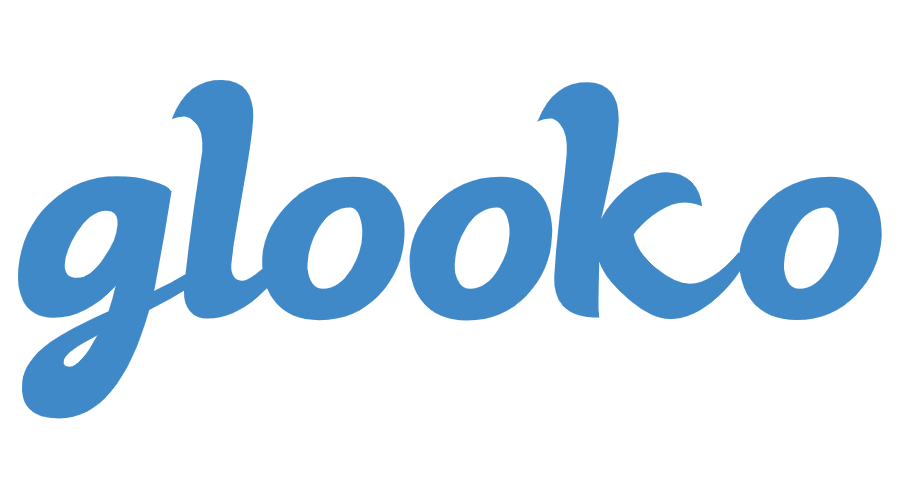







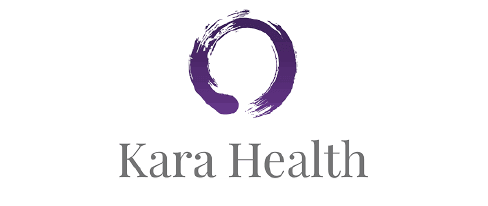

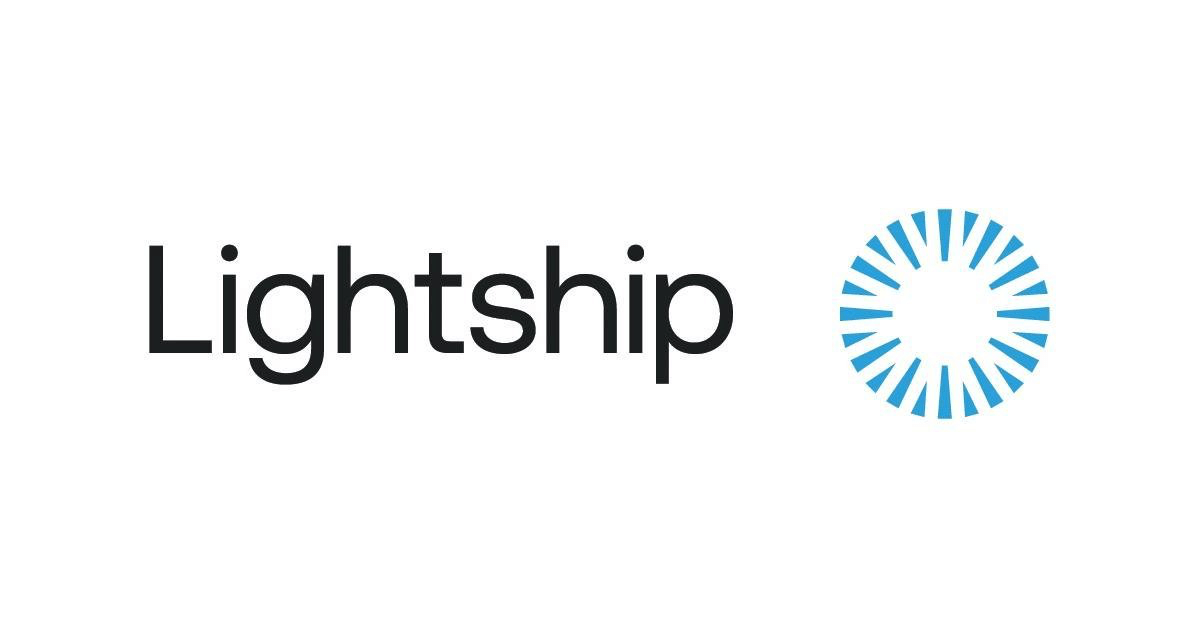


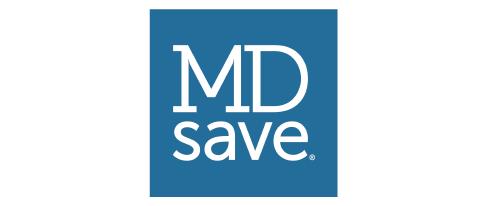



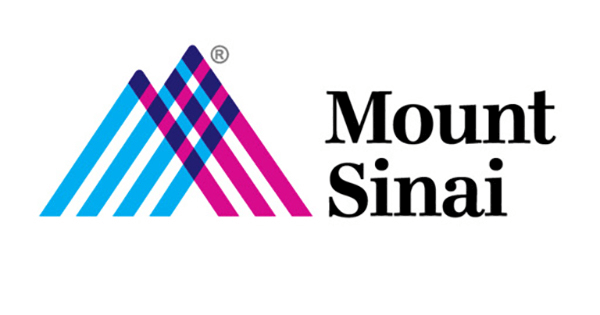




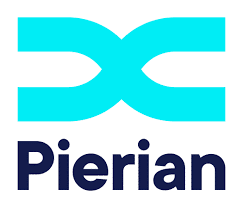
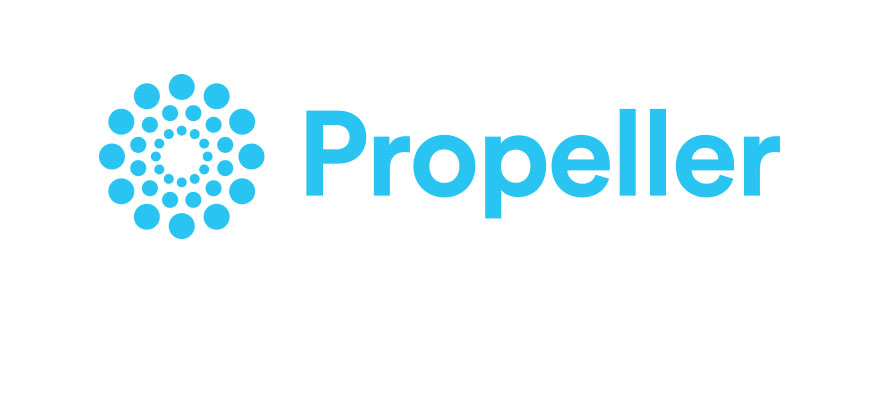


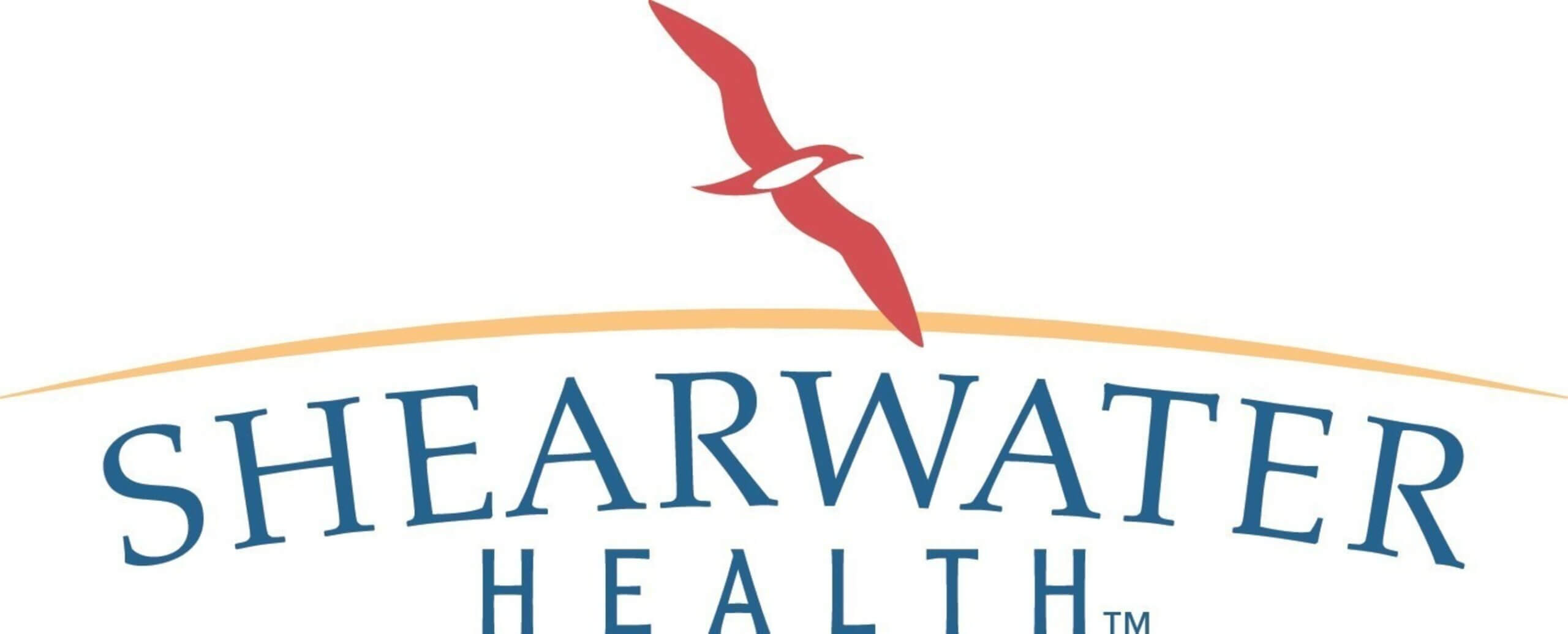


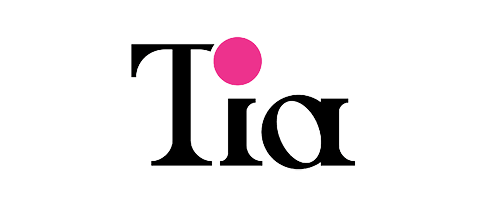

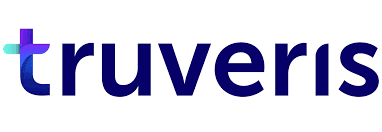



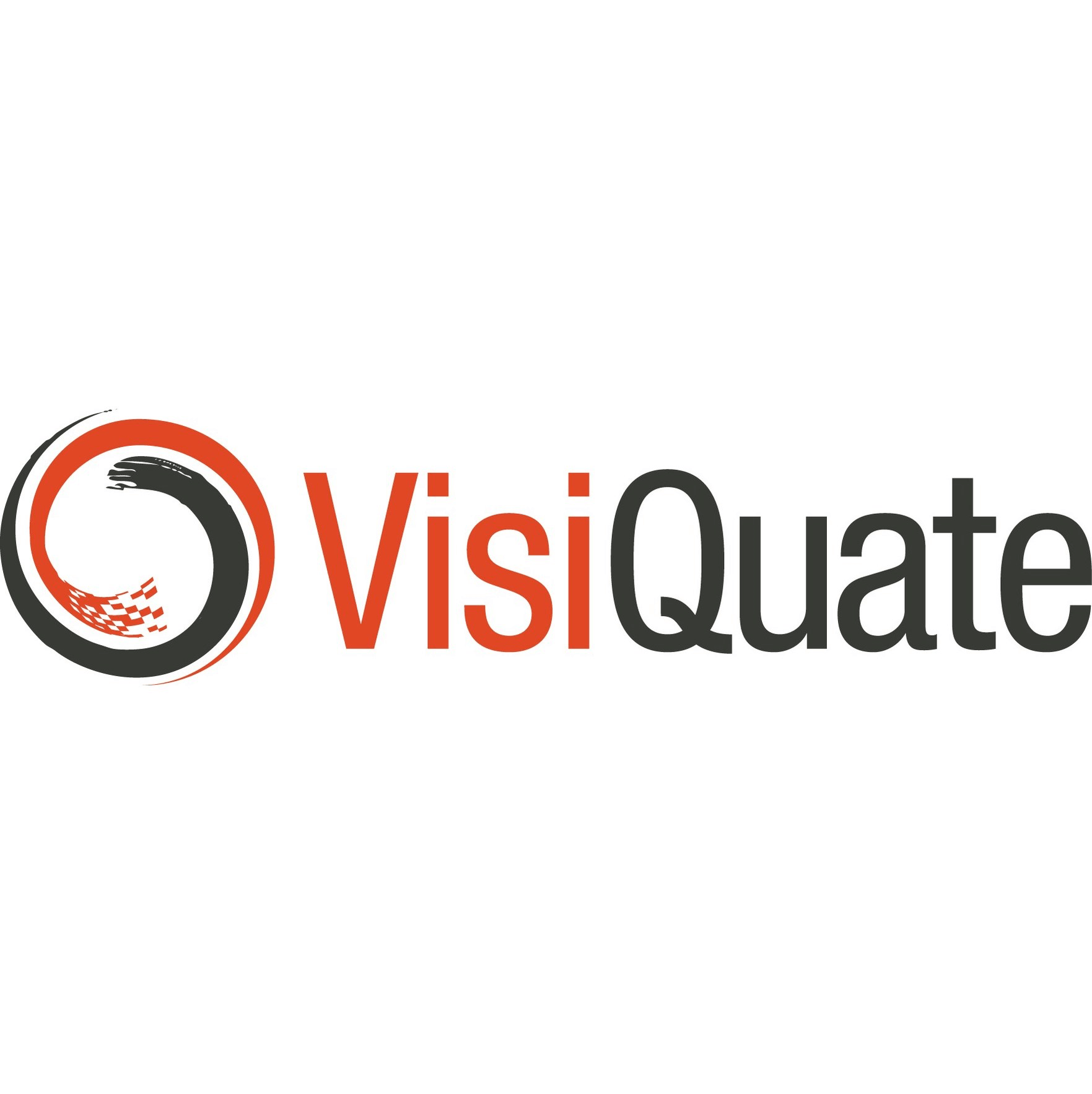
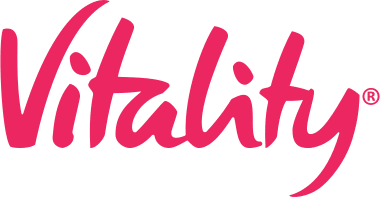







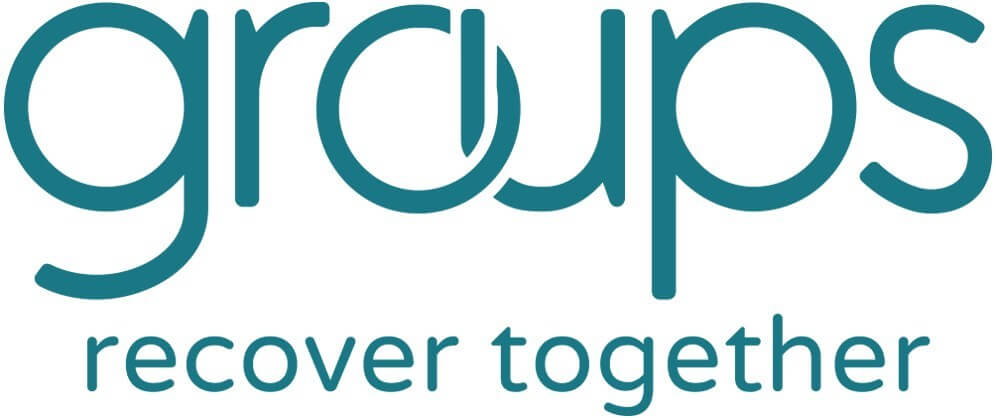

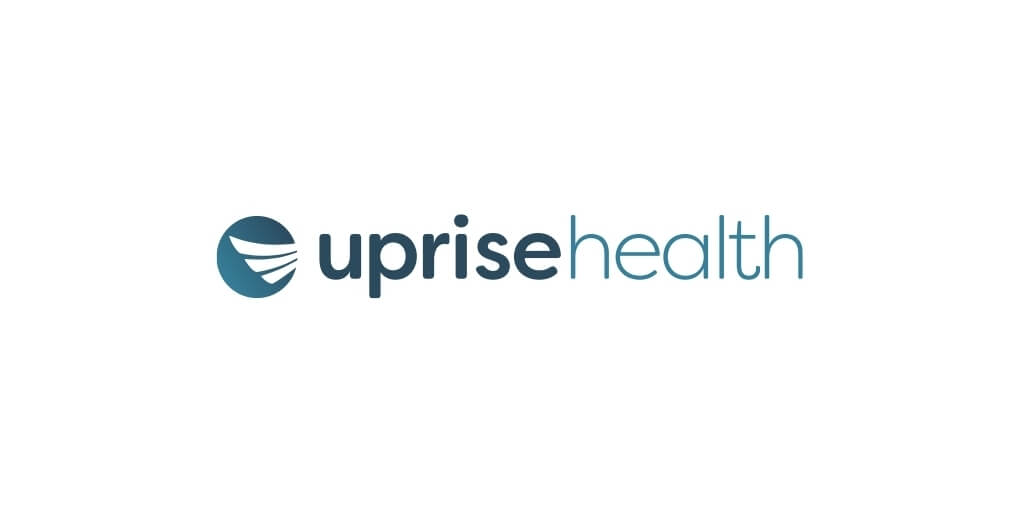


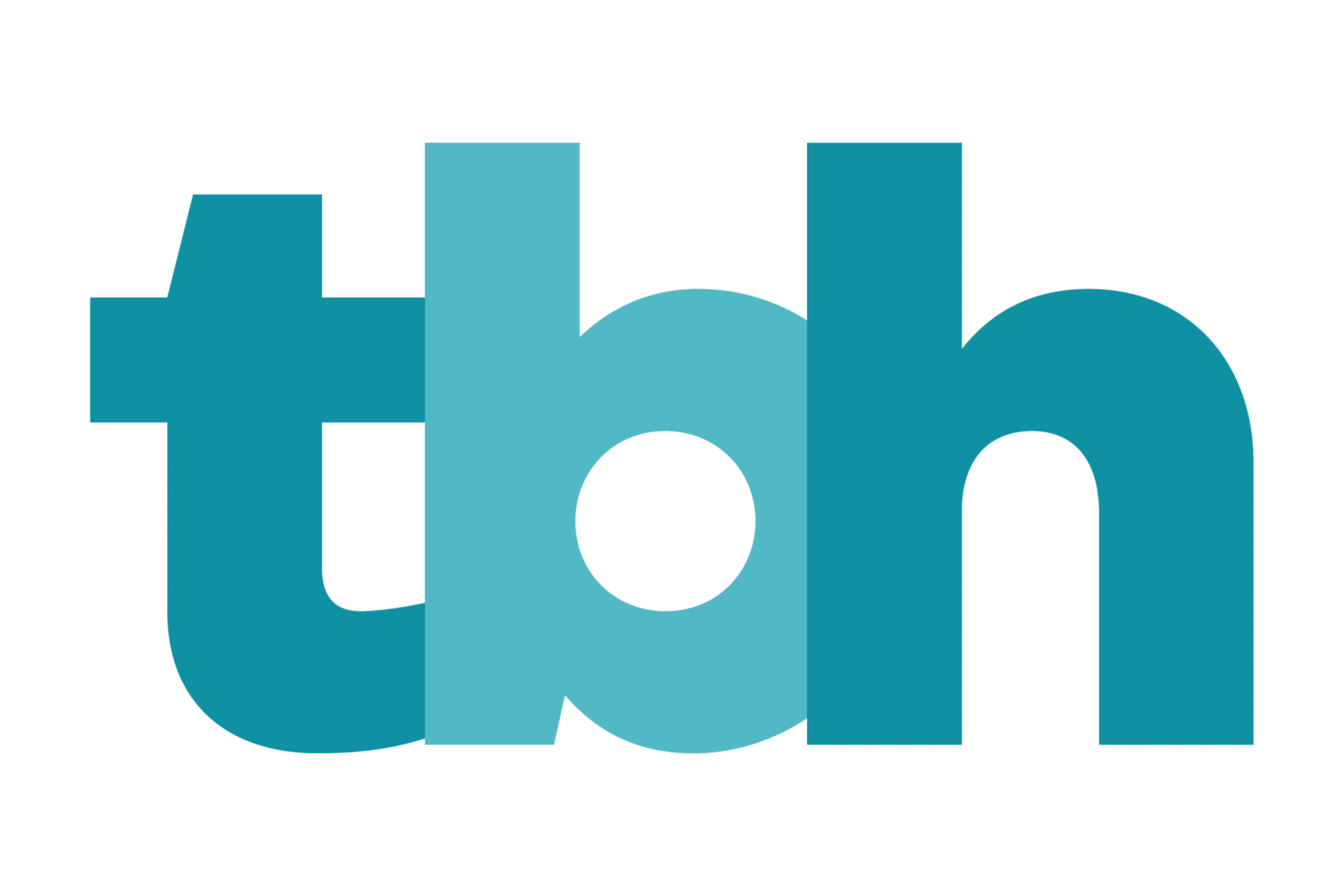


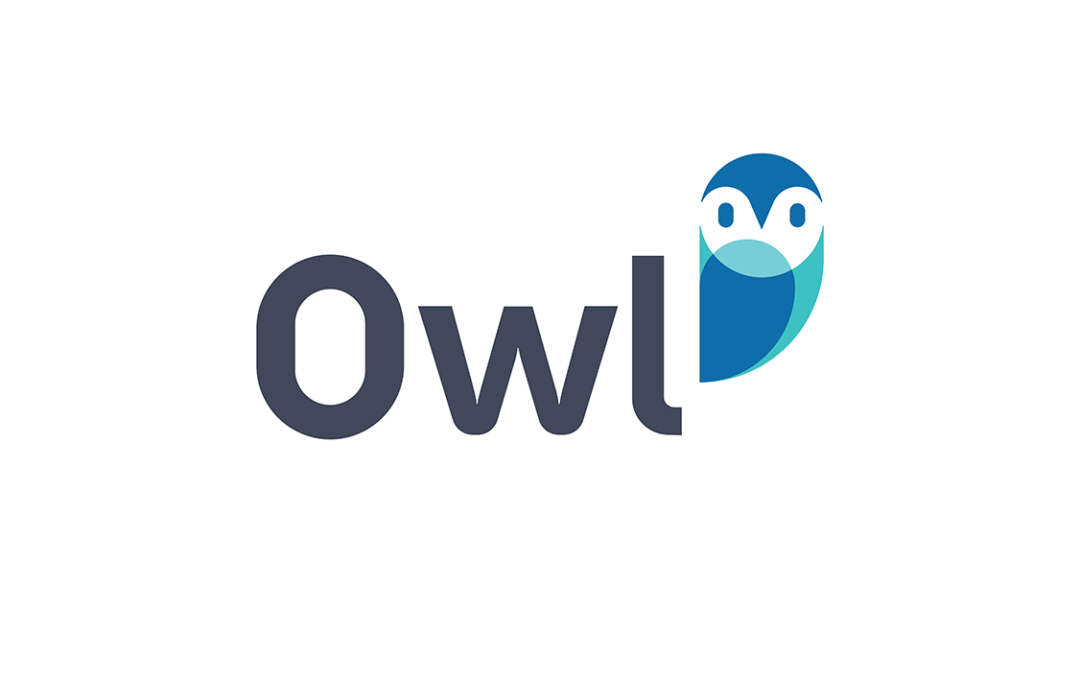


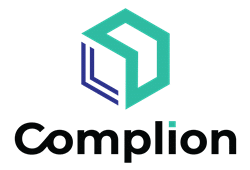
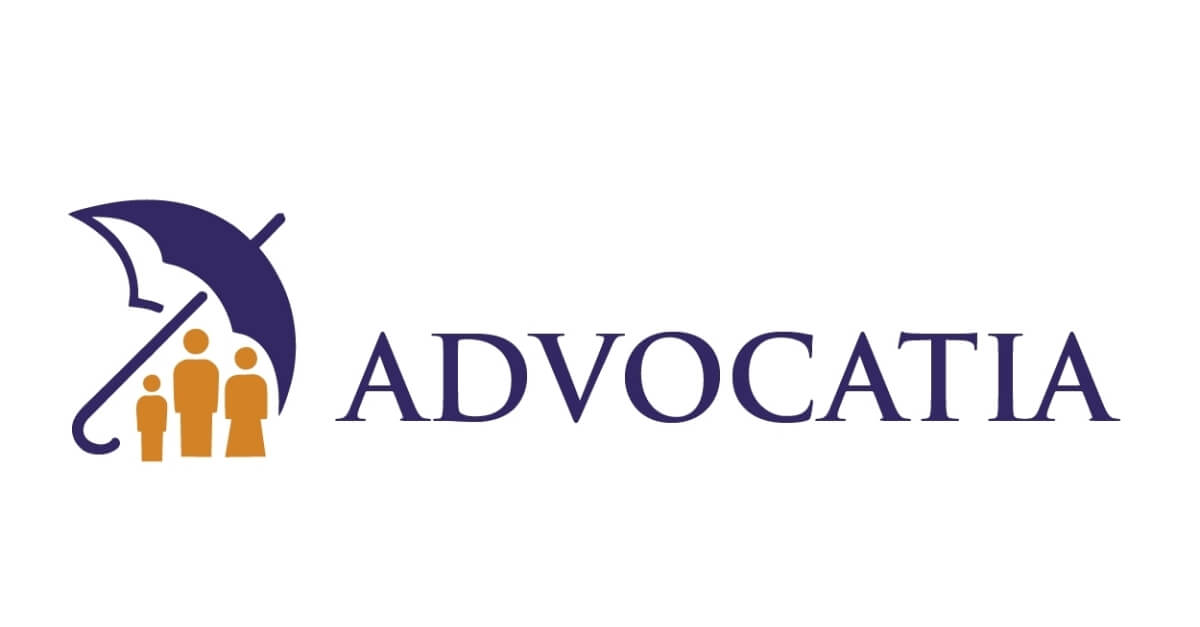
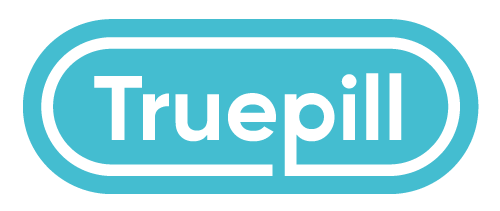

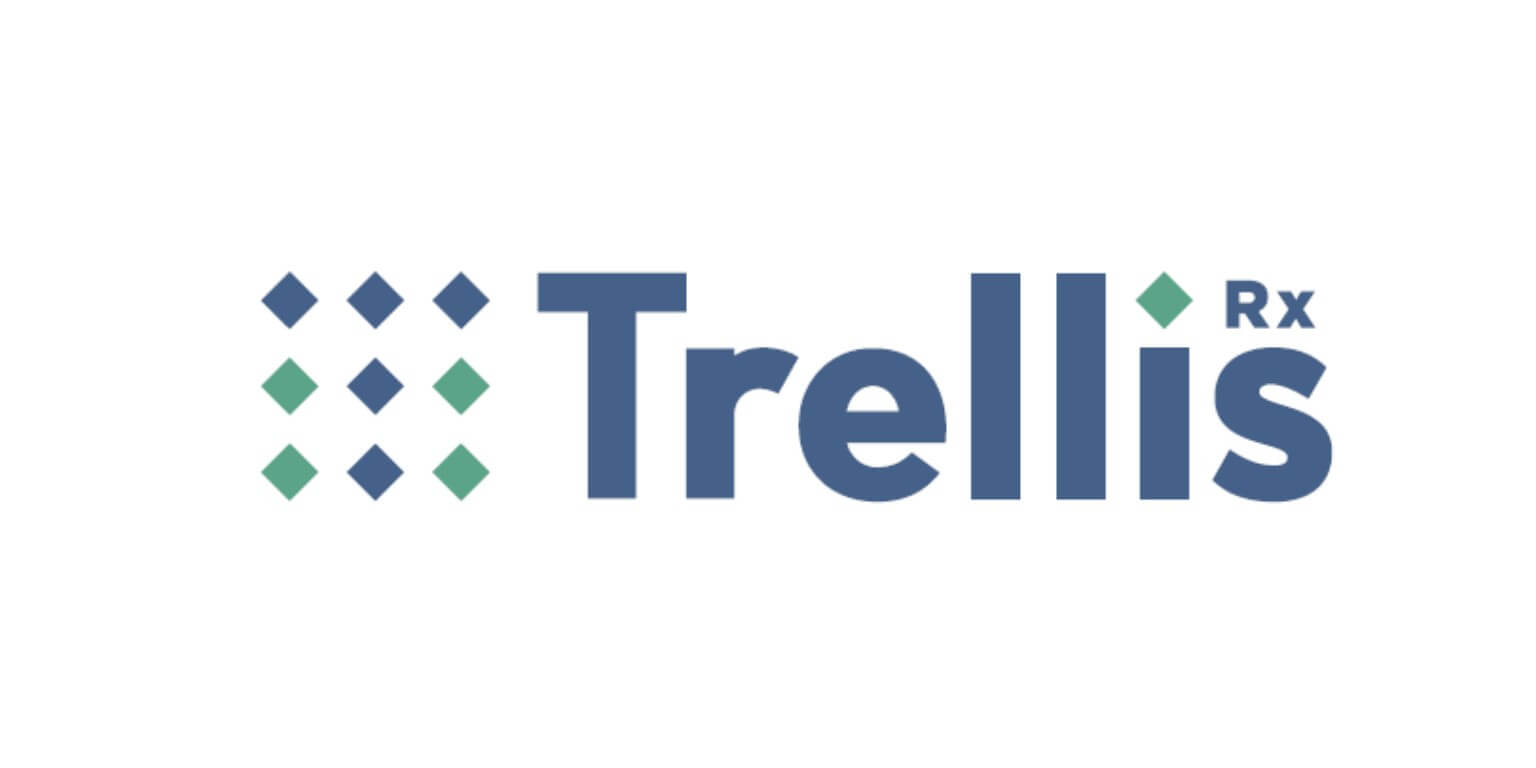

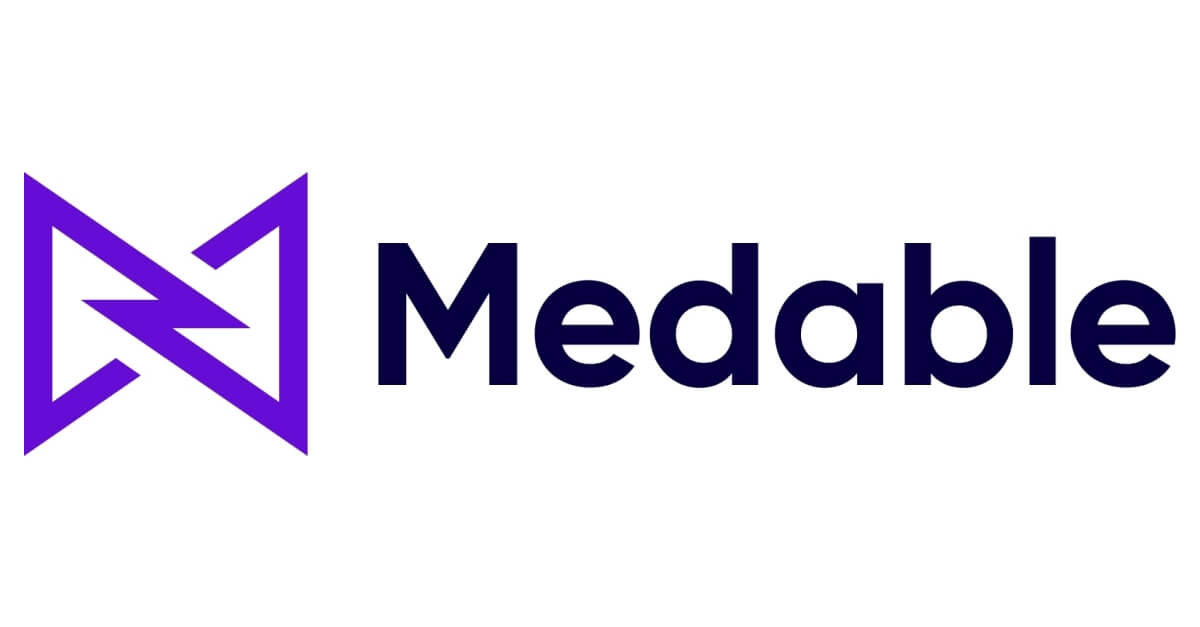


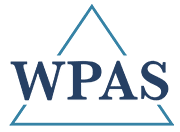

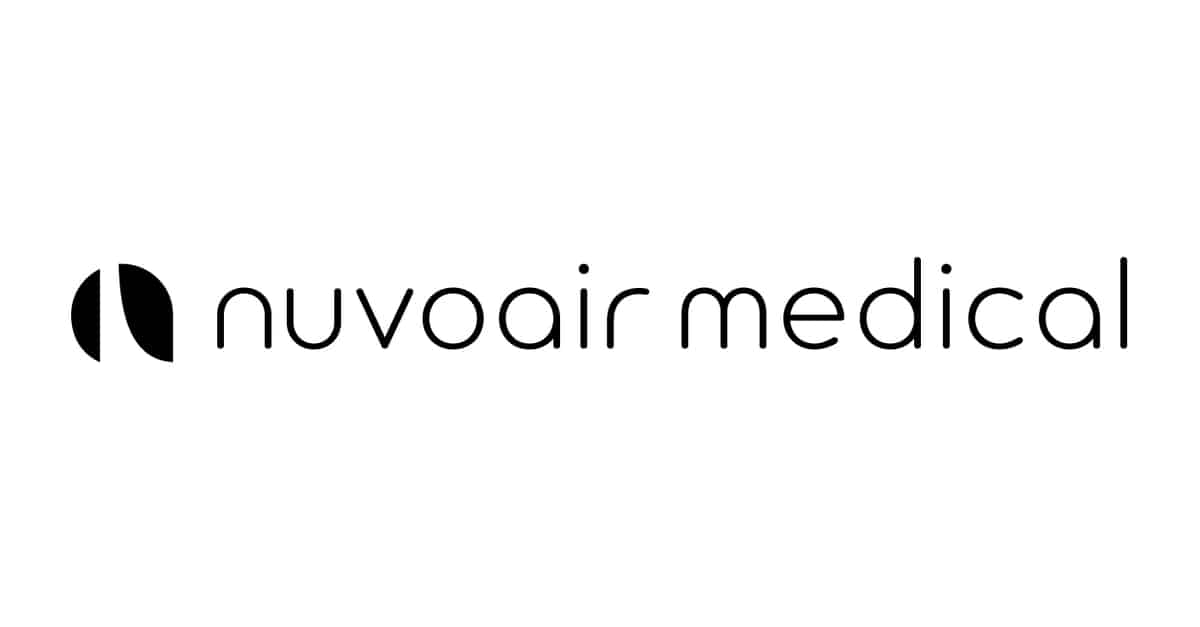


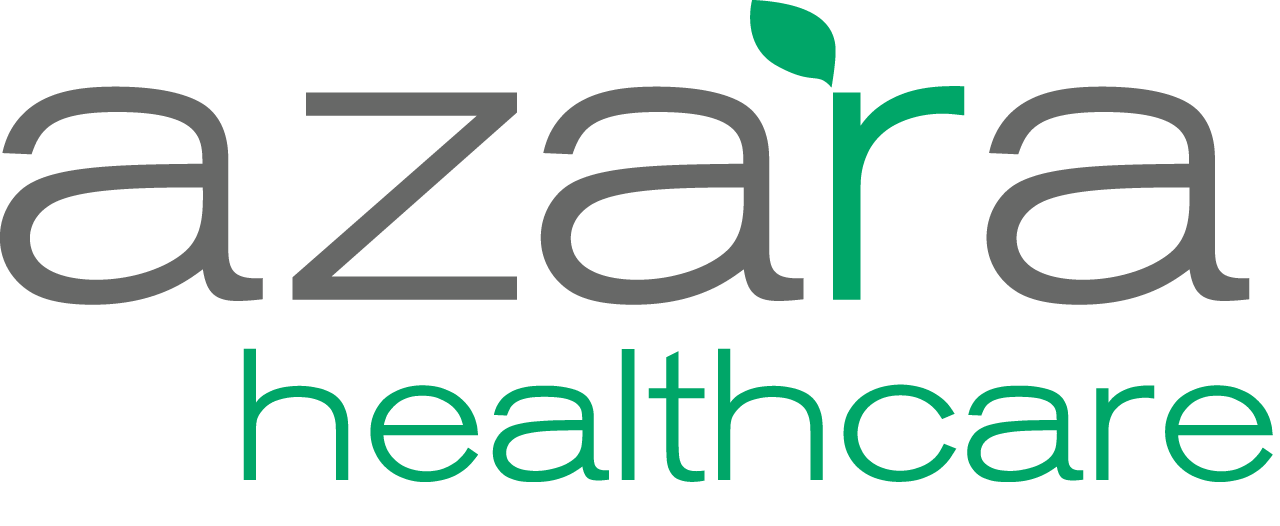


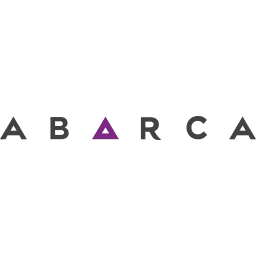




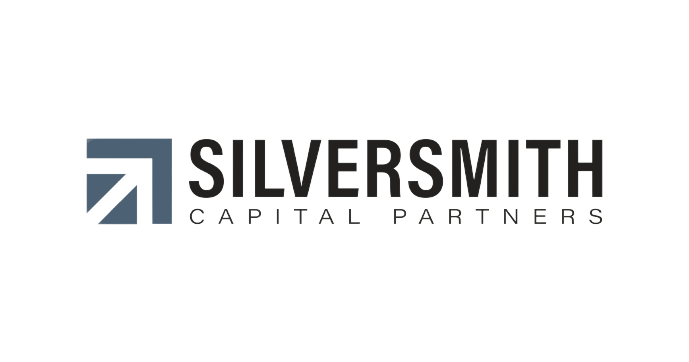
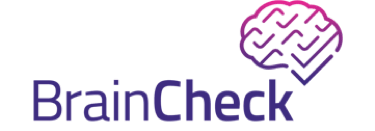

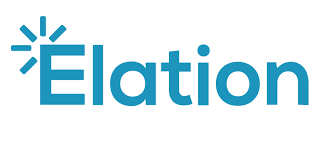

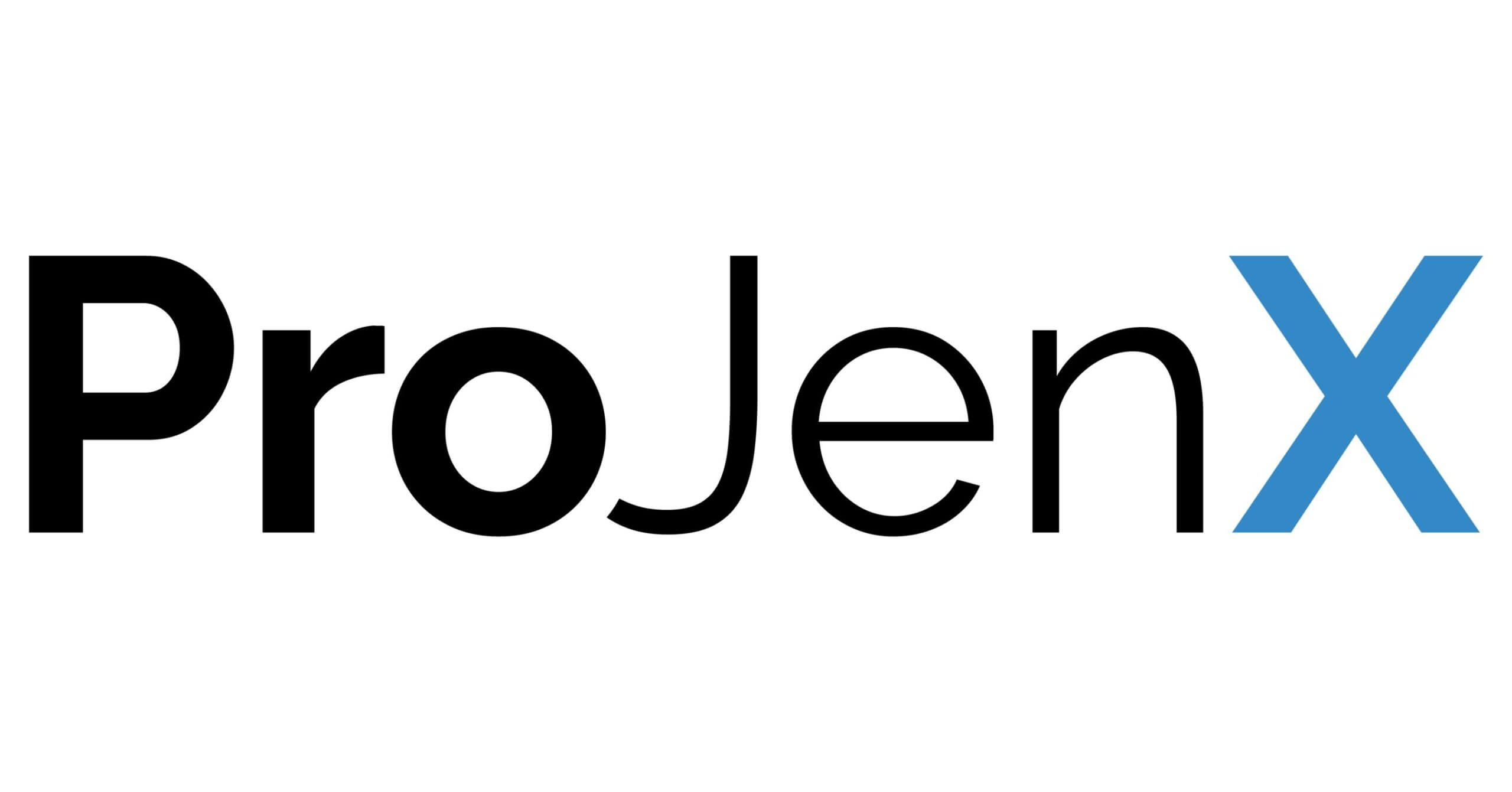

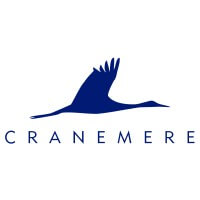


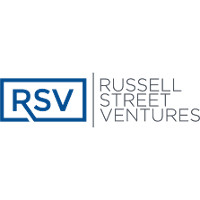

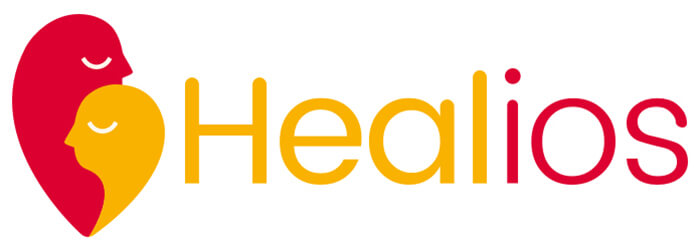



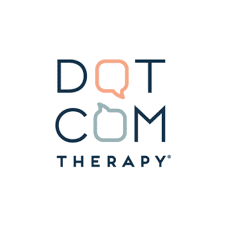
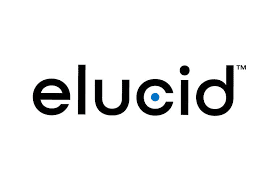

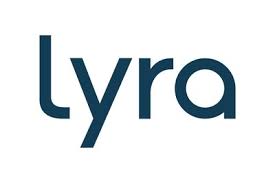




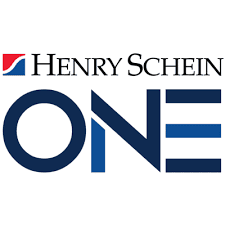


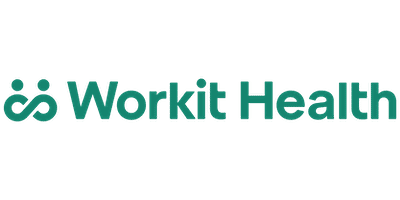









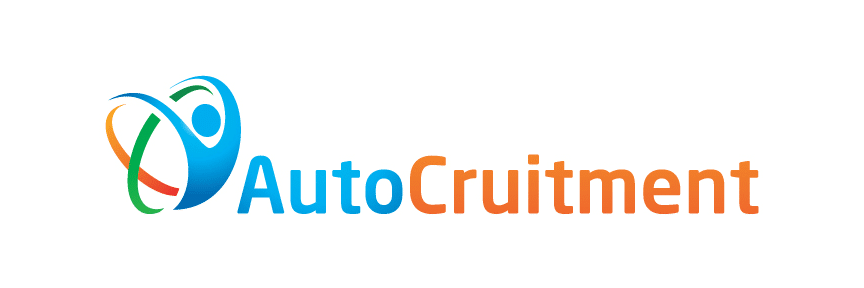
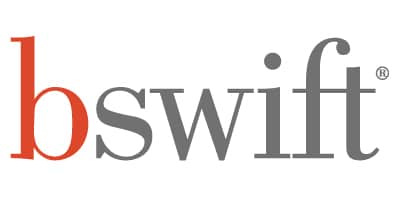
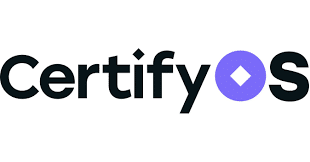
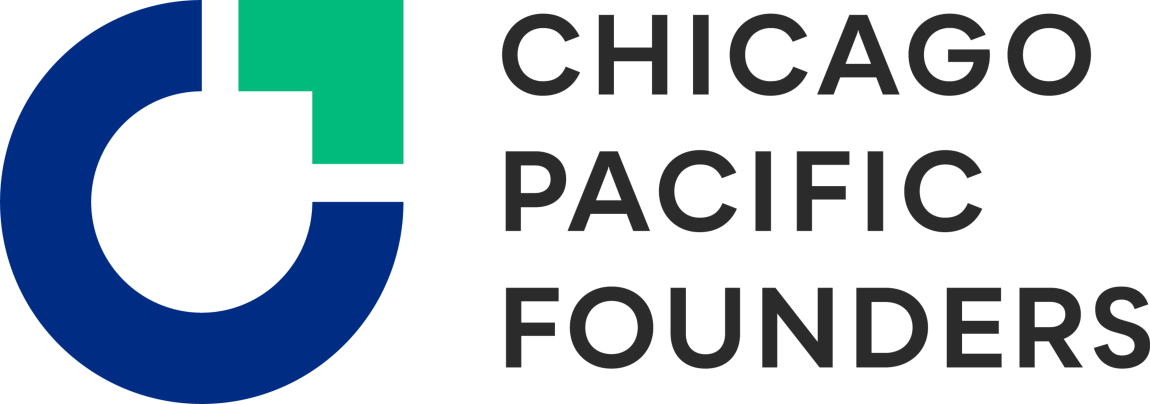

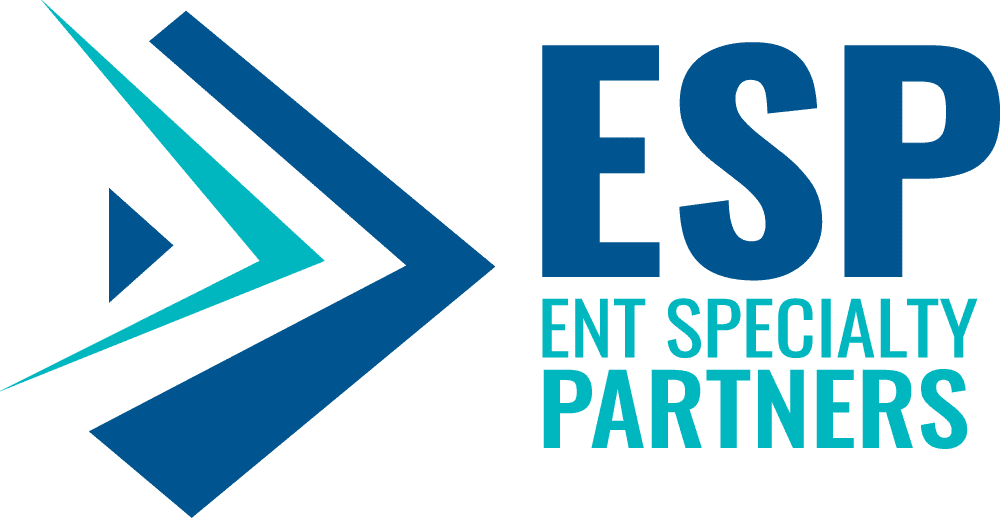
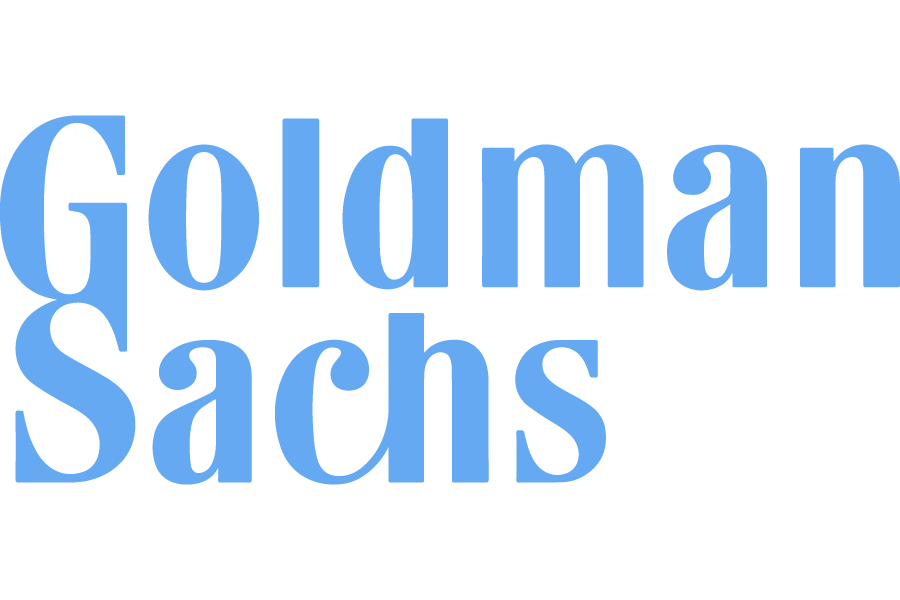
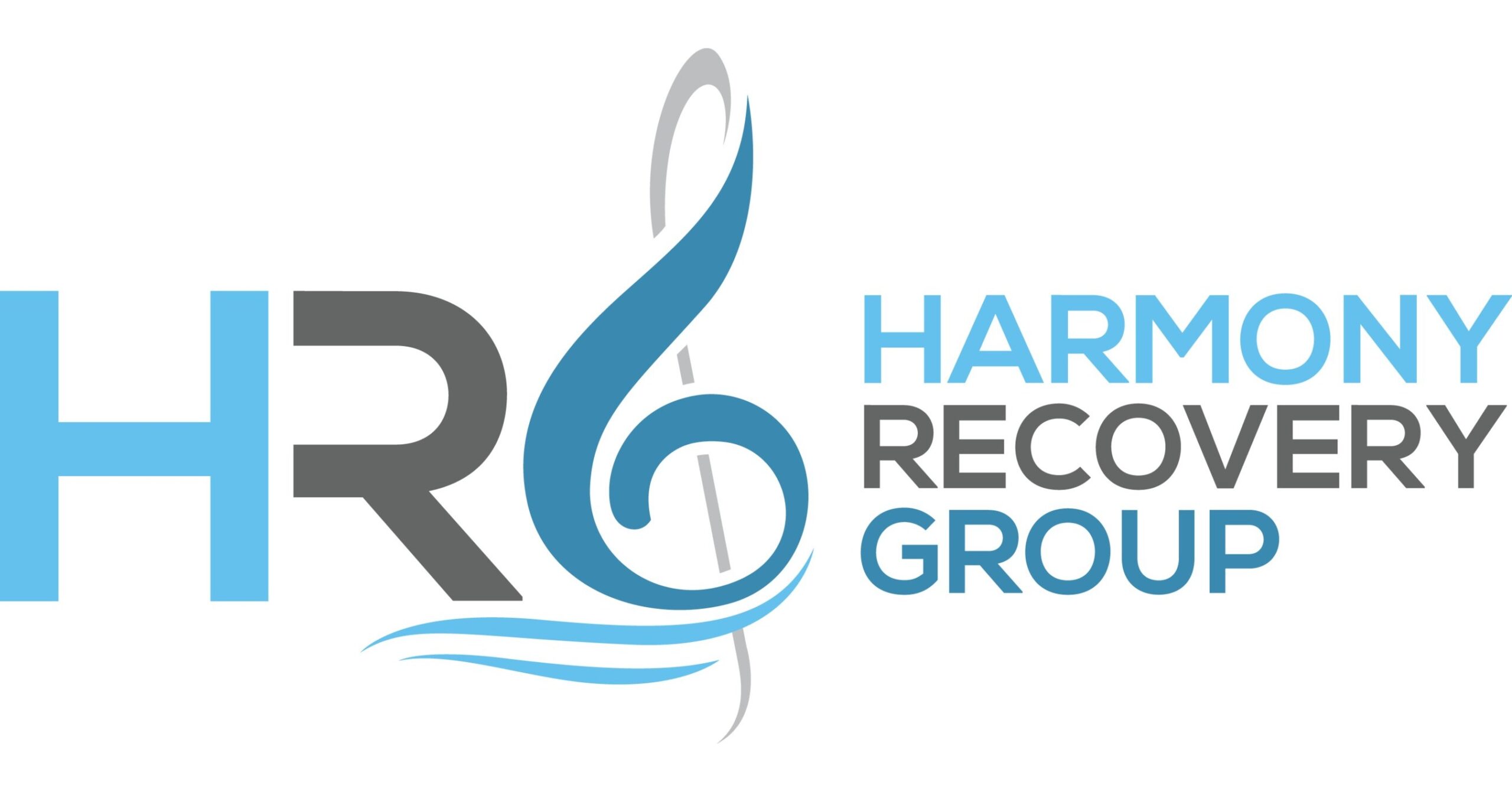


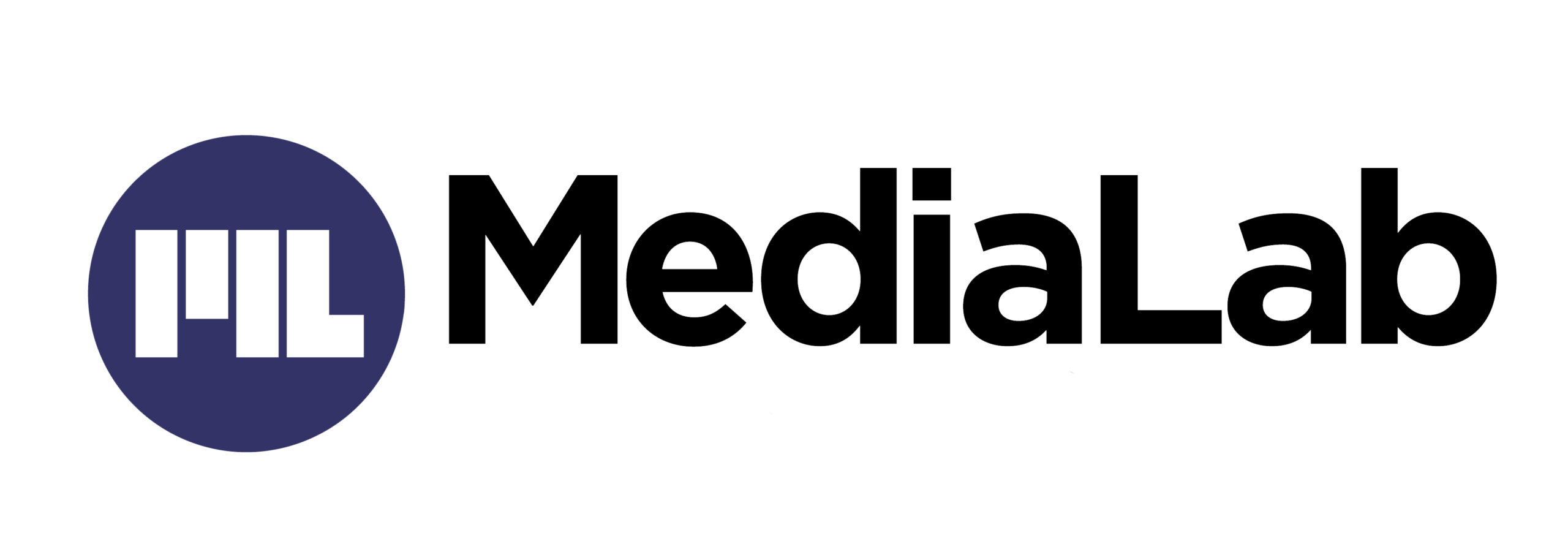

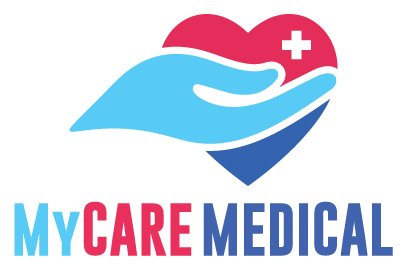





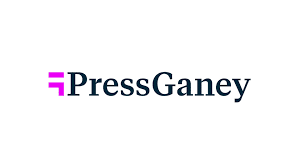
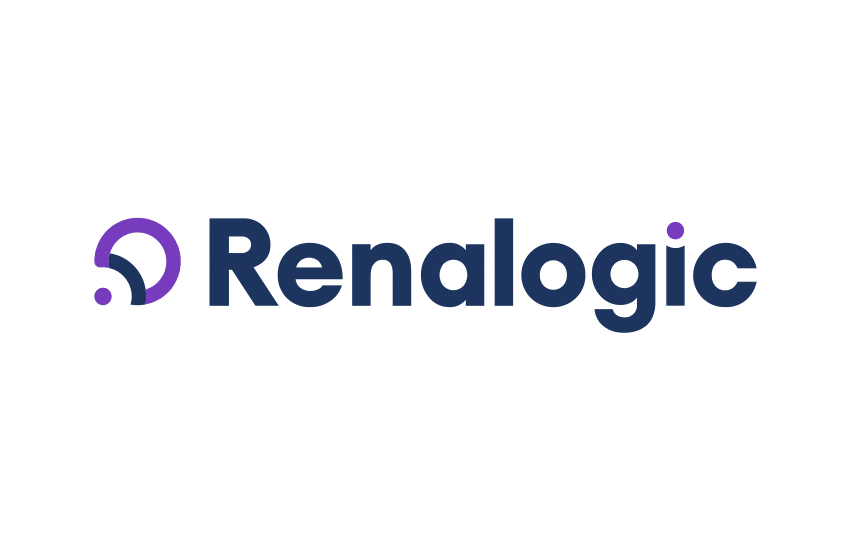

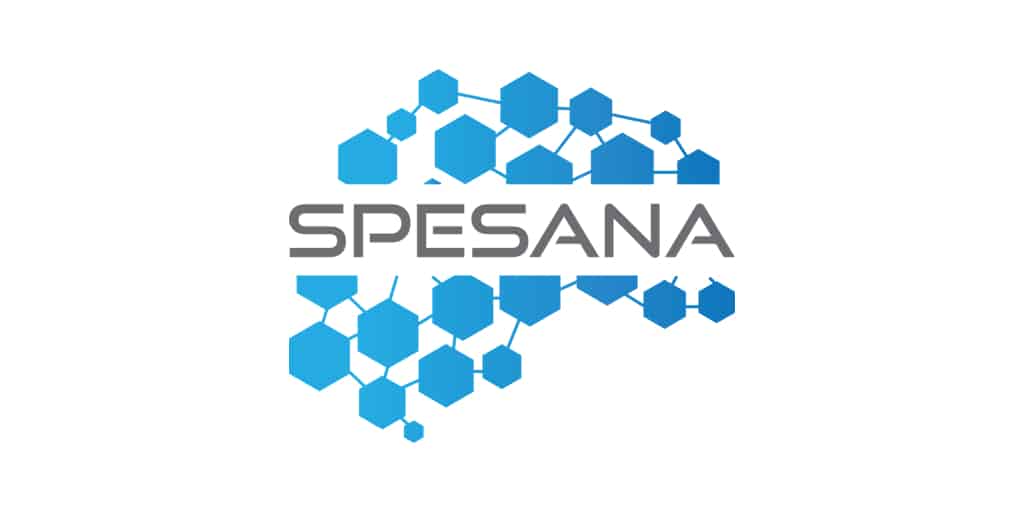

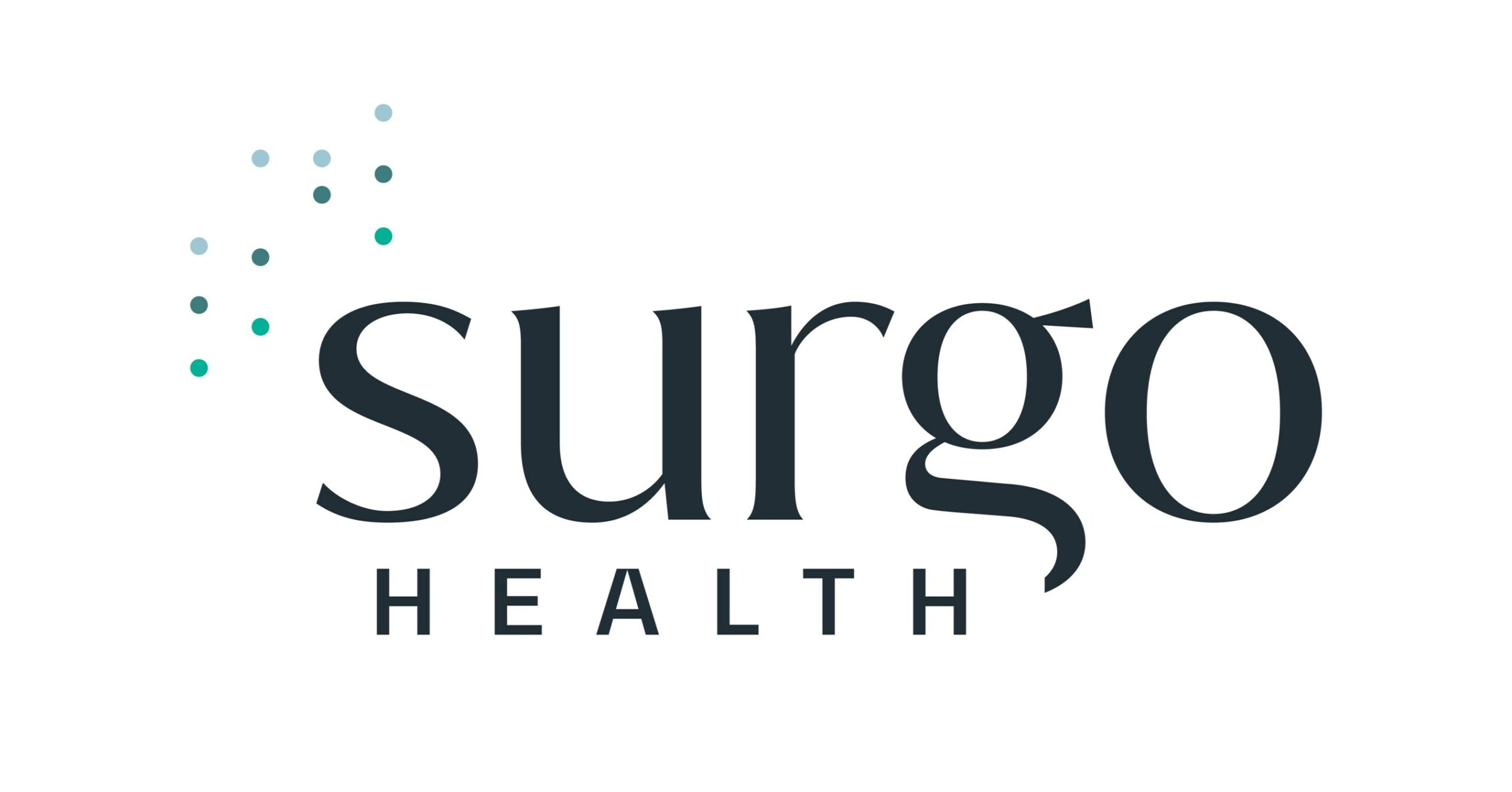


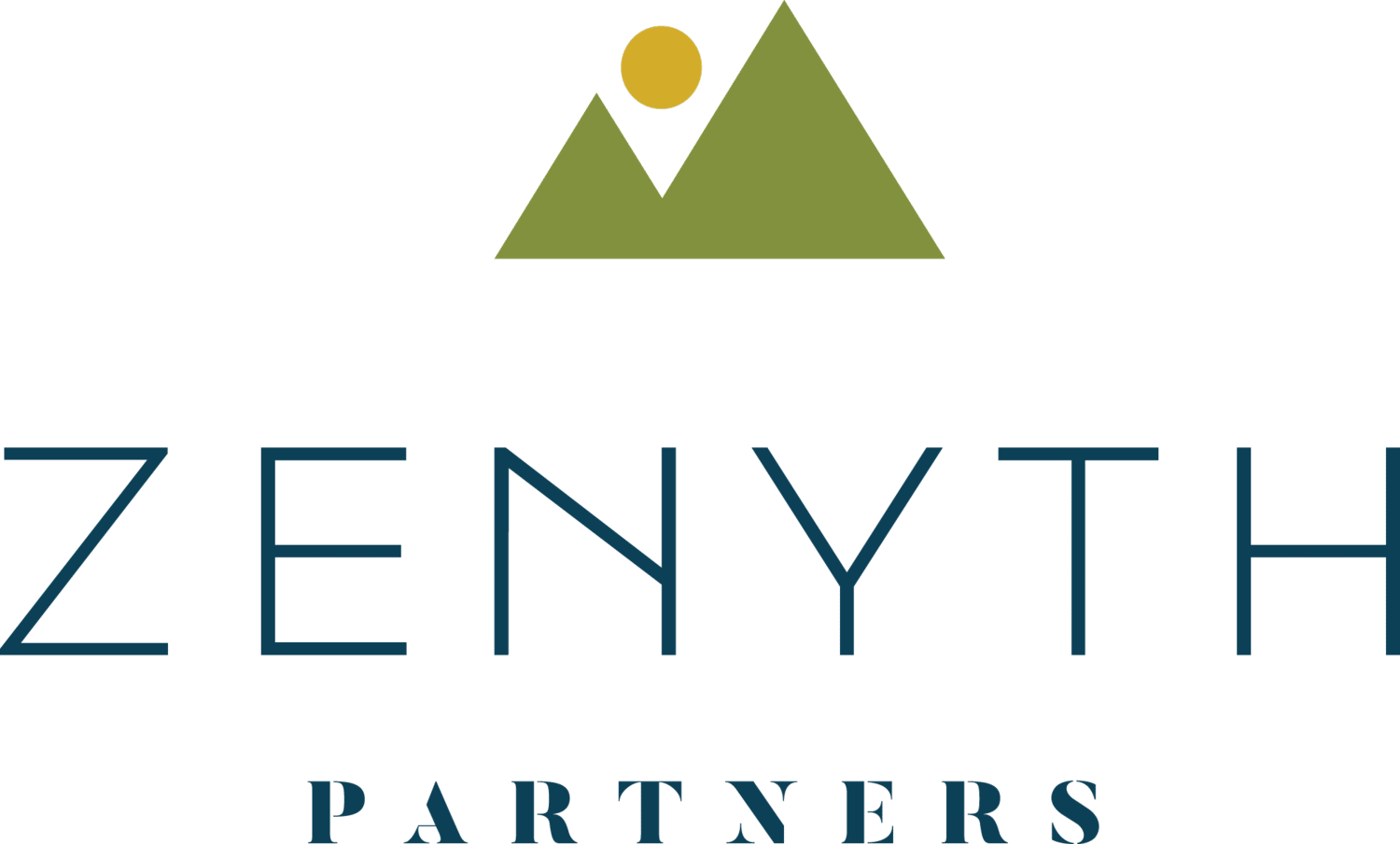

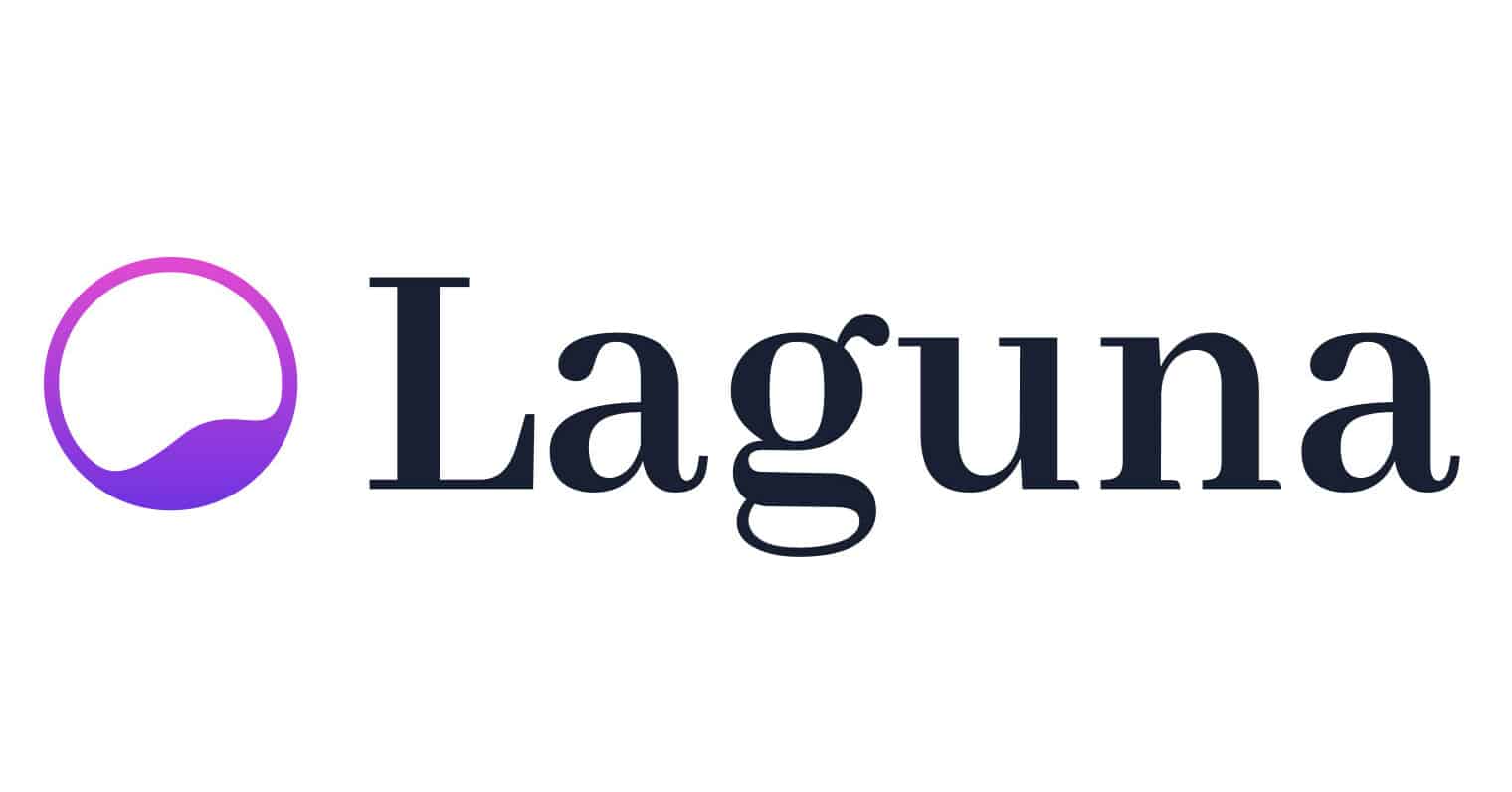

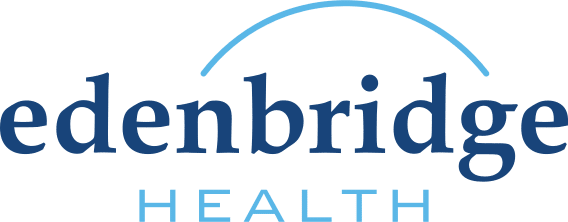







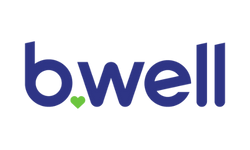




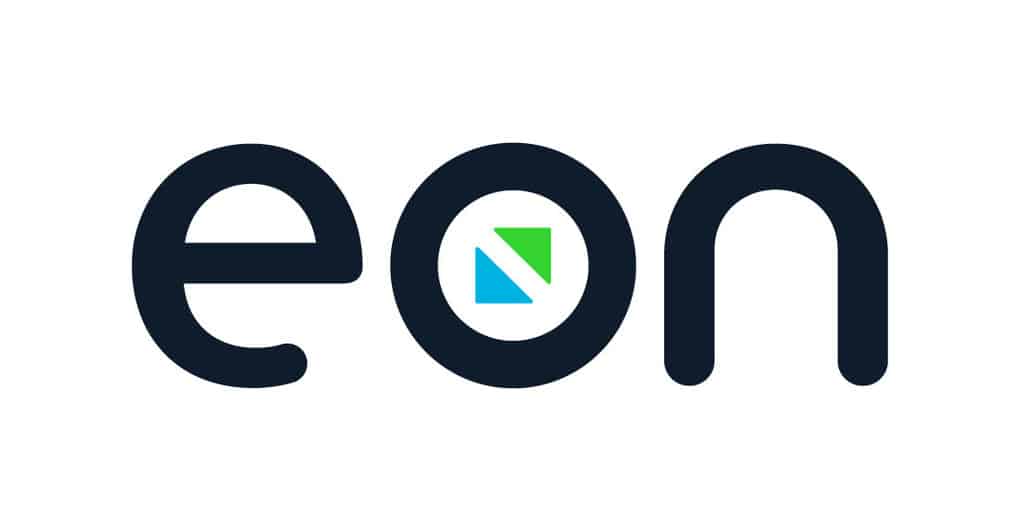
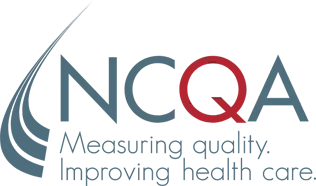
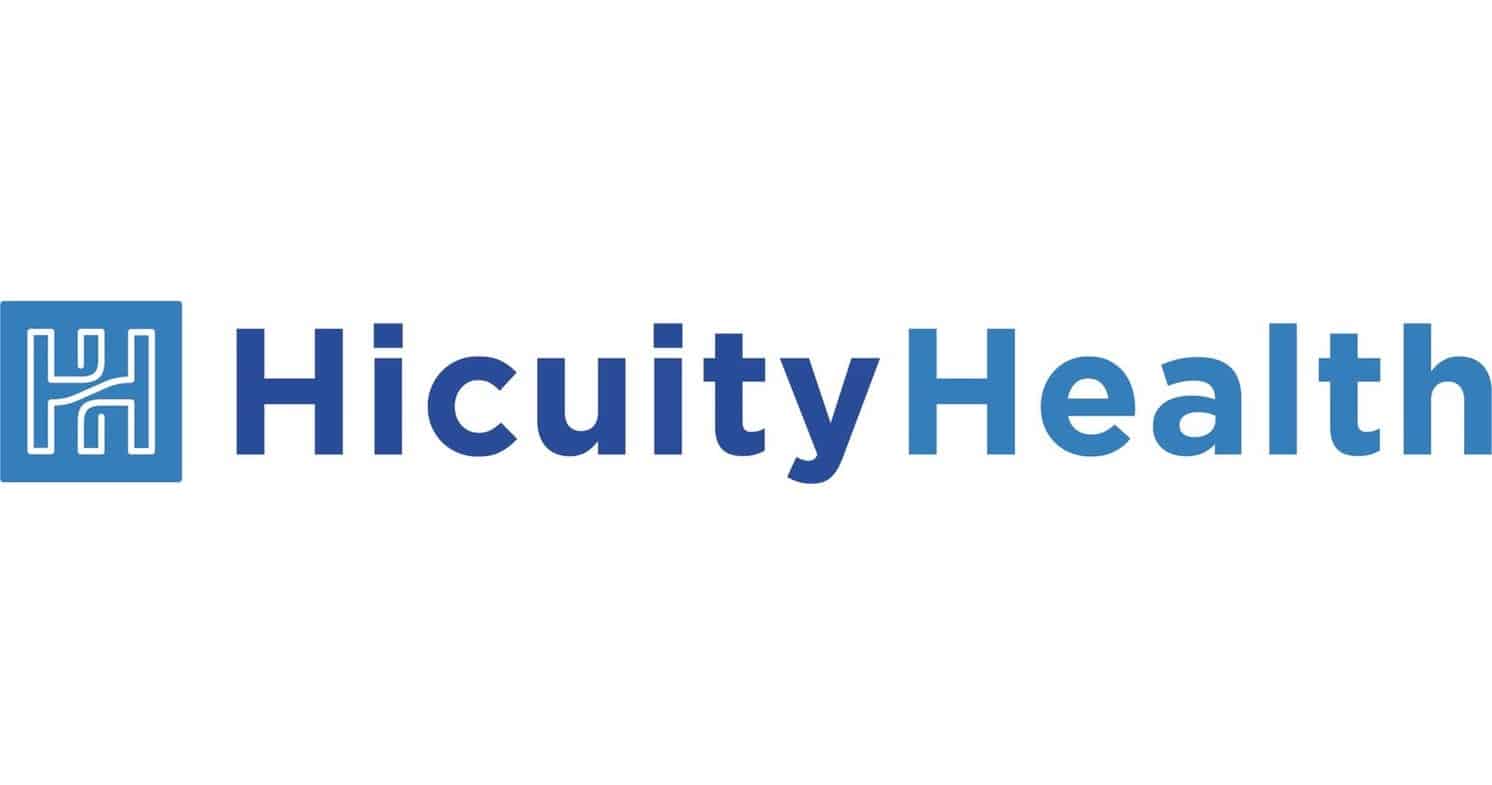



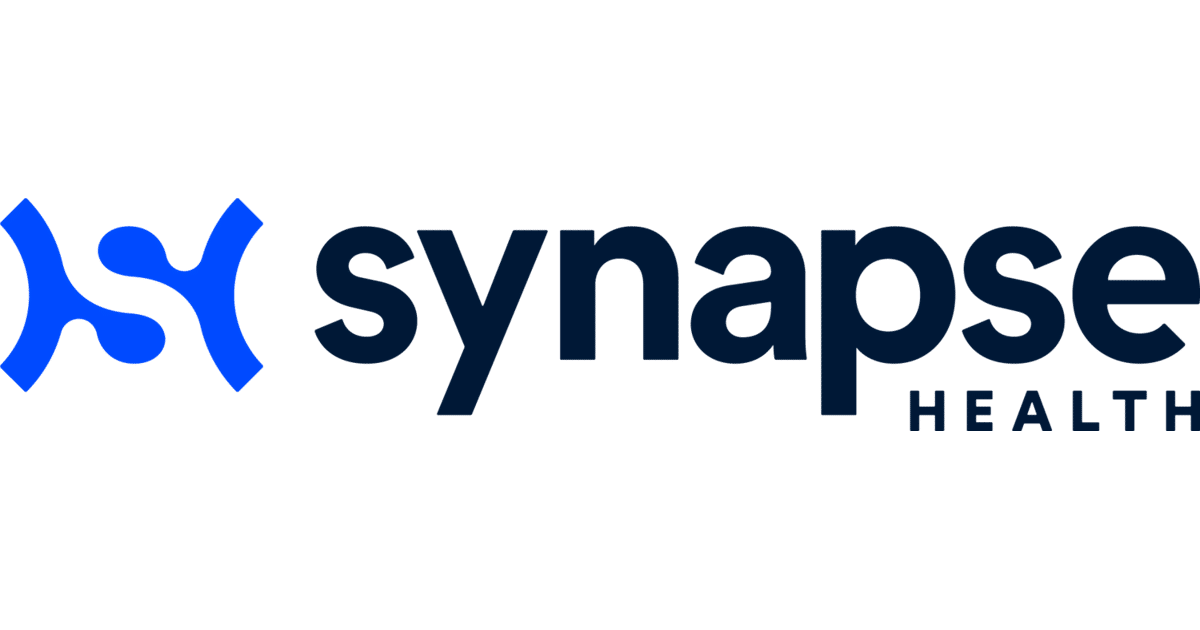
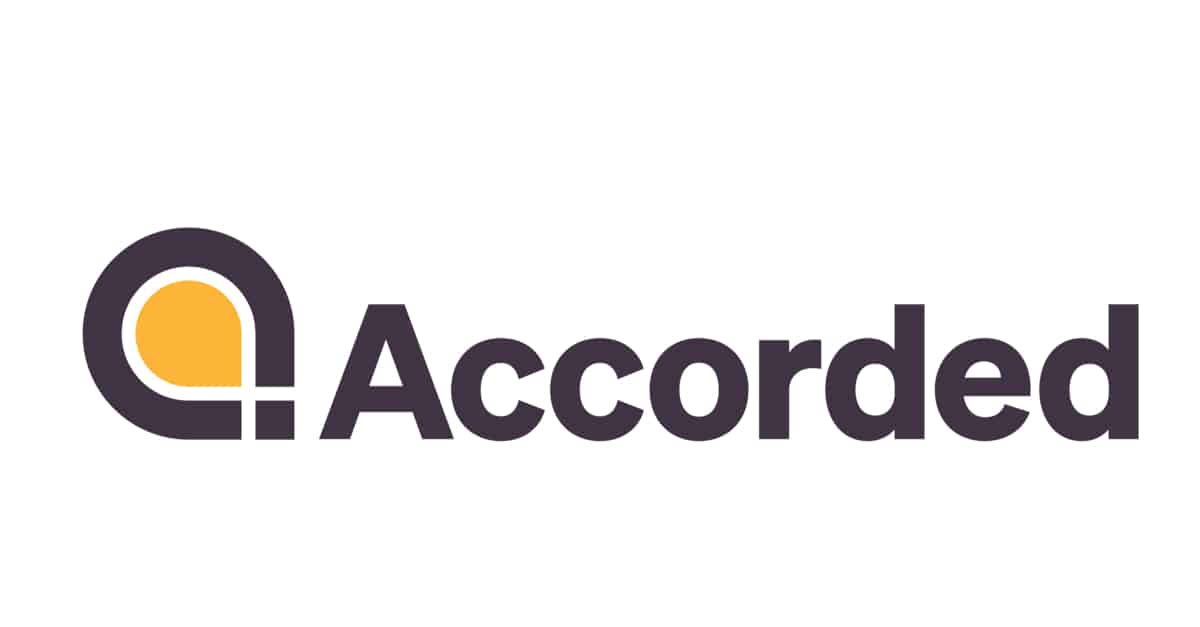


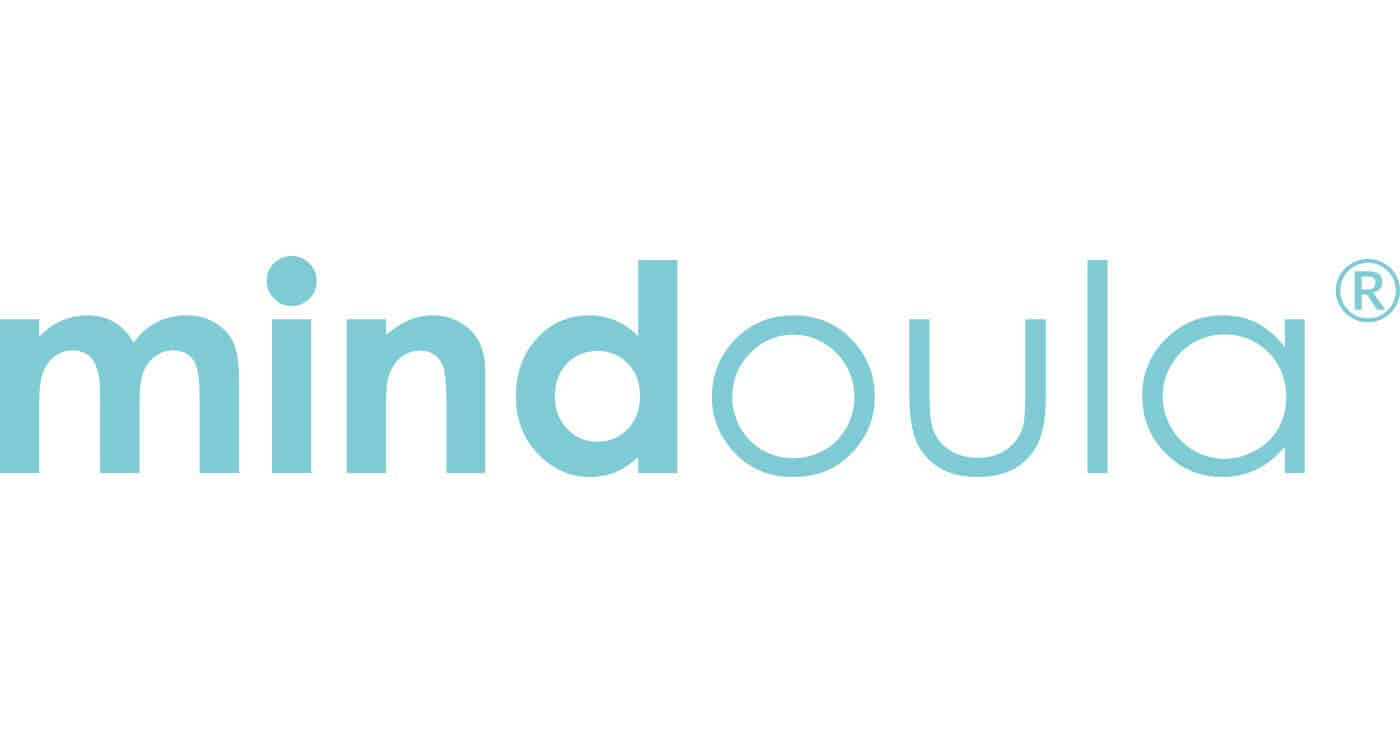

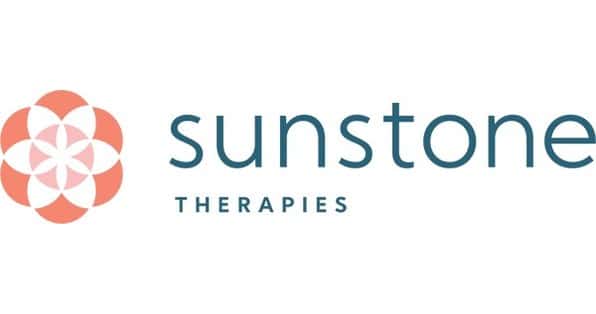
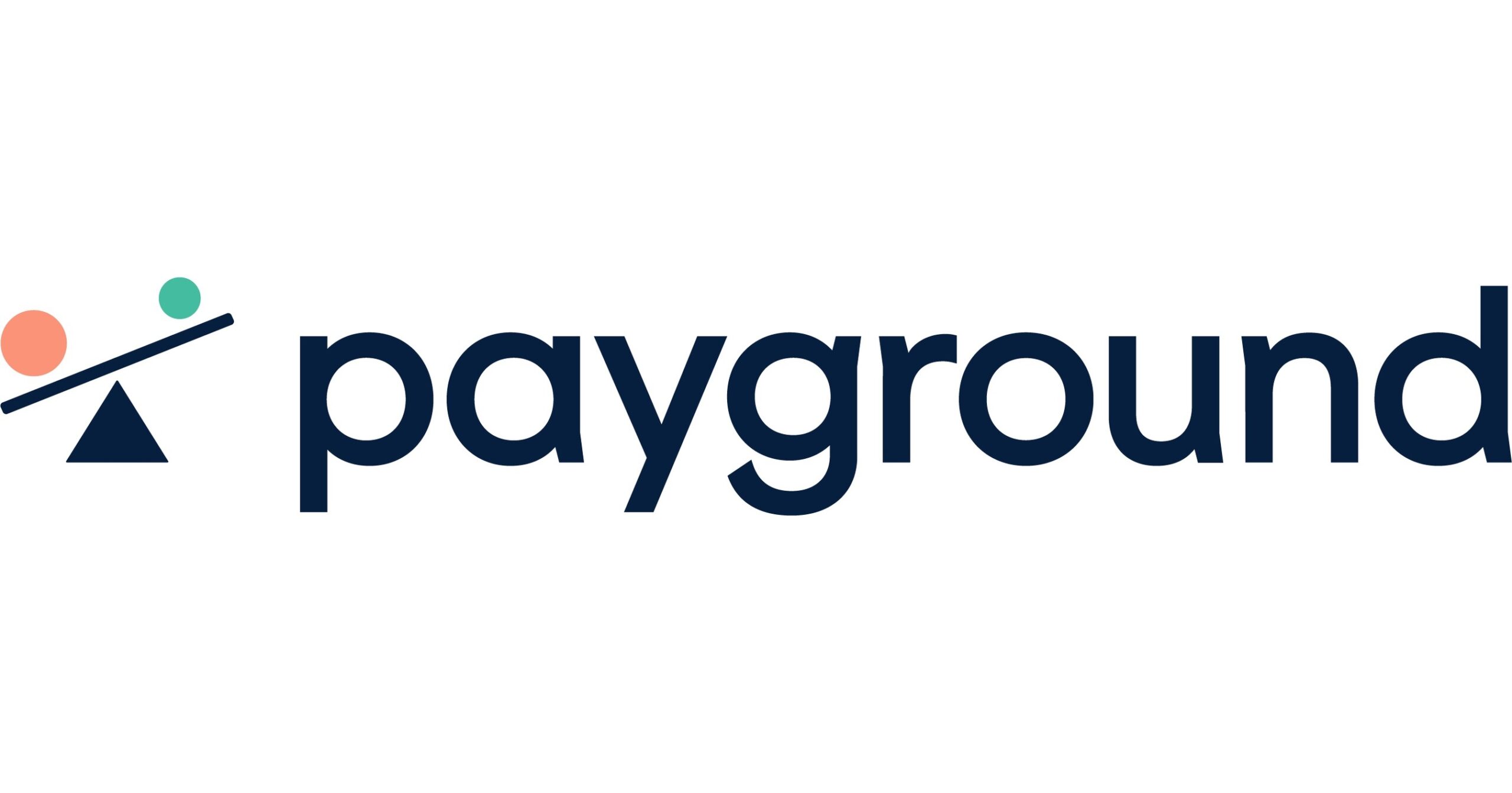



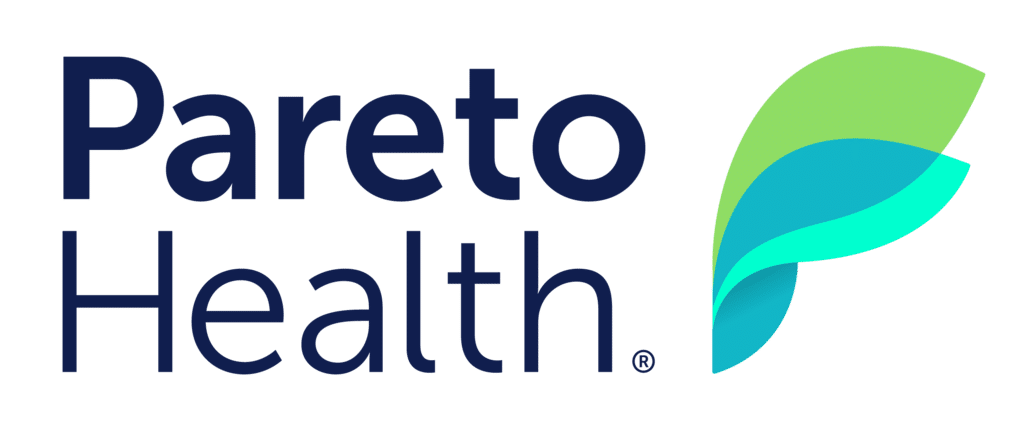
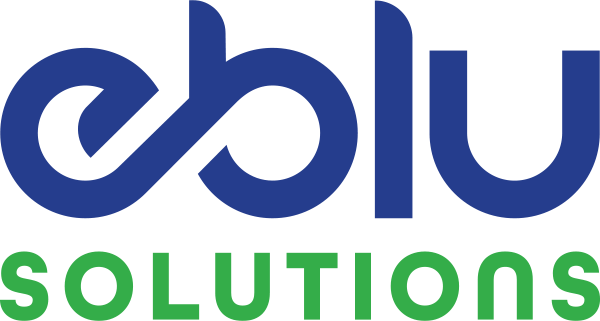

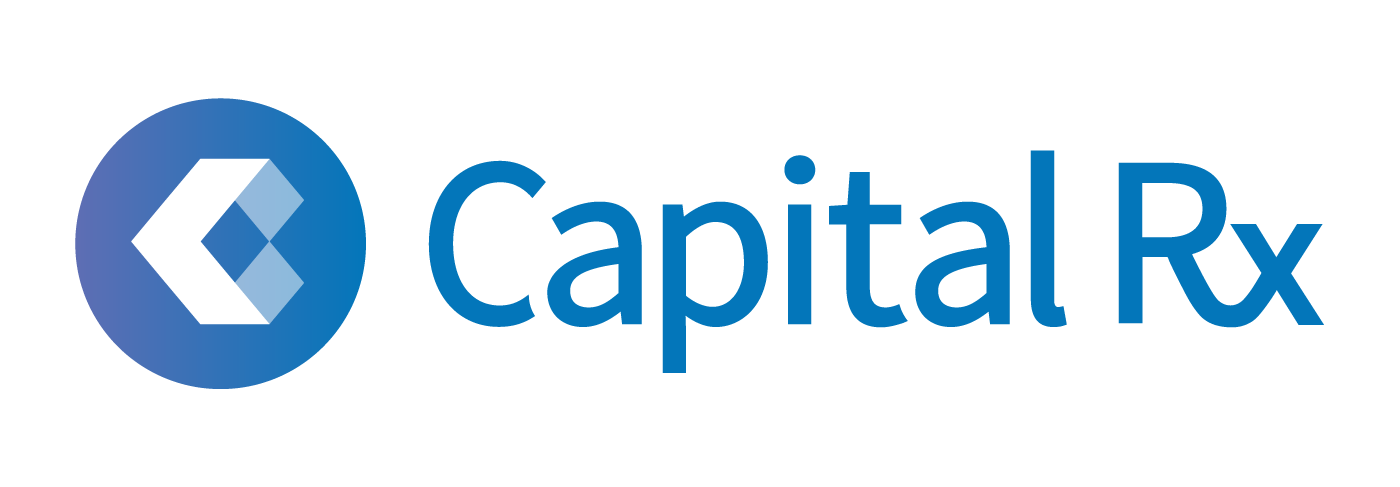




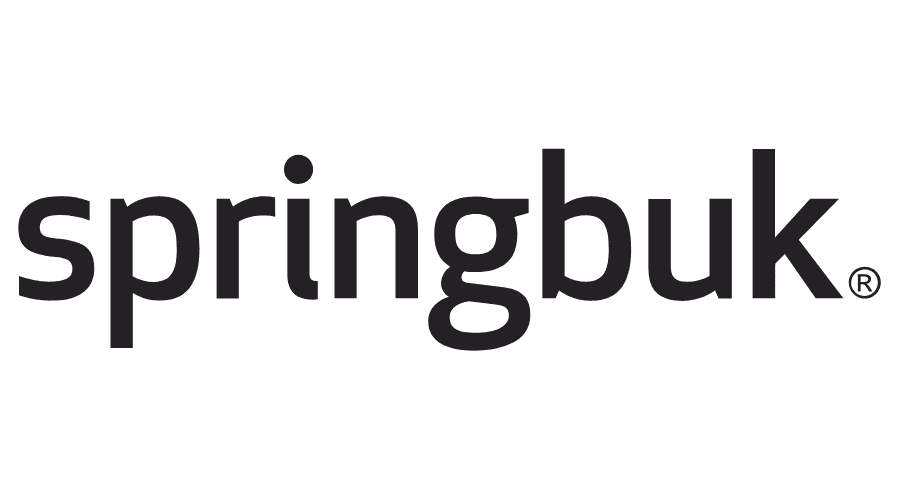



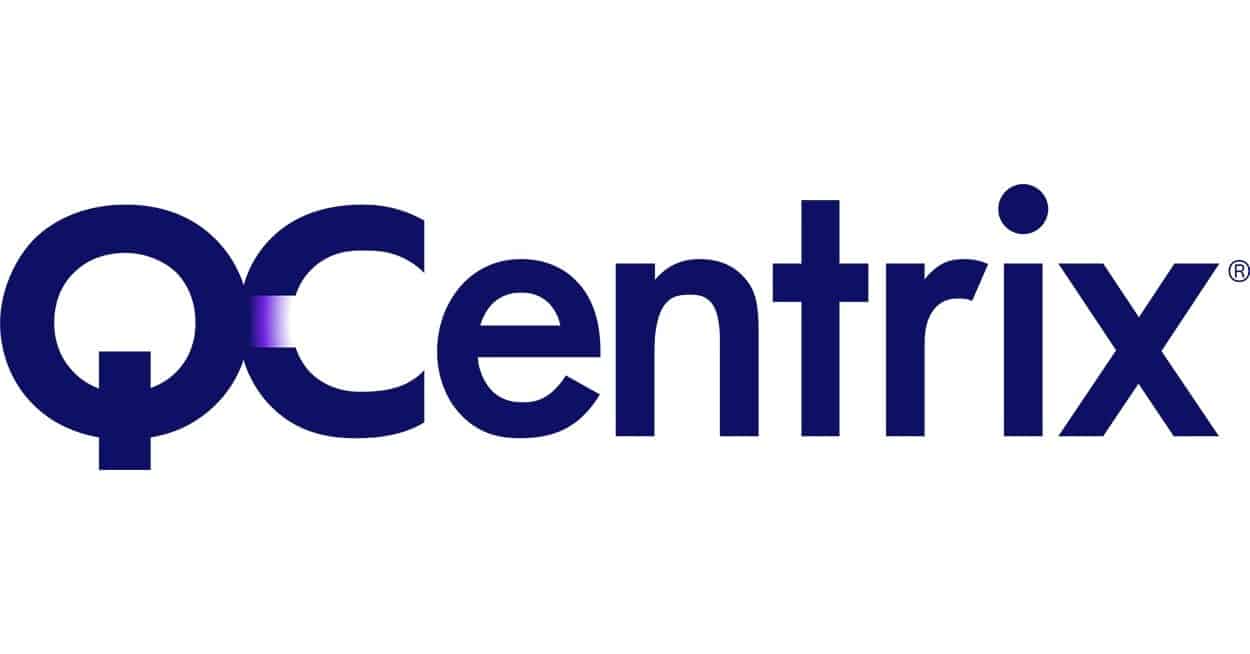





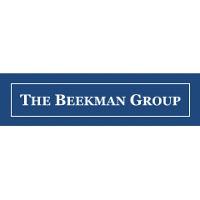



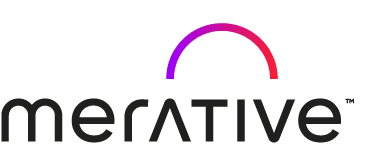

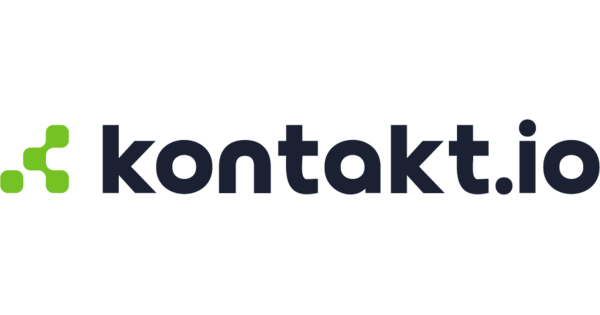
















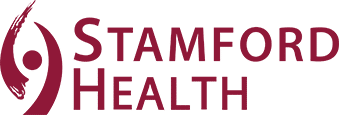






With the recent release of The Dropout on Hulu, the healthcare world gets a front row seat to a dramatization of Elizabeth Holmes’ rise and fall, building blood testing company Theranos. Theranos ultimately dissolved in 2018. According to Crunchbase, Theranos raised $1.4B over 10 years and as many financing rounds, with famous investors such as Oracle’s Larry Ellison, Walmart’s Walton family and Rupert Murdoch, among many others. The vision, drive and passion that Holmes brought to the company certainly compelled investors to feel confident in Theranos’ direction. As we’ve learned with her early 2022 wire fraud-related convictions, she lied to investors about the efficacy of Theranos’ device.
An eerily similar situation happened with lesser known uBiome, a gut microbiome stool testing company raided by the FBI in 2019. Outside of healthcare, Apple+ recently released WeCrashed, diving deep into the creation and ultimate professional peril of Adam Neumann as CEO and co-founder of WeWork. While these startup stories are certainly the exception, it’s clear from these examples that assessing the behaviors of leaders and their teams is just as important as the diligence completed on the company and business model itself.
Basic leadership diligence typically includes understanding:
Guy Raz recently had Neumann’s former co-founder, Miguel McKelvey, on his podcast How I Built This where they discussed Neumann’s leadership style. Diplomatically, McKelvey stated that “building a billion dollar company is hard and takes a unique person,” but noted unsurprisingly that he would not start another business with Neumann. Part of the challenge of leadership diligence is understanding what those truly unique characteristics might be, as well as any that might get in the way of their success.
Some assessments look at behavioral dimensions such as adjustment (which relates to composure, optimism, and stable moods), interpersonal sensitivity (which relates to being agreeable, considerate, and relationship-oriented), and assertiveness (which relates to confidence, expressed influence, and drive to take charge). Depending on where a leader lands within these dimensions, they can be both strengths and at certain times, can get in the way of success. McKelvey referred to those potential de-railers as “shadow” traits, and discussed quite accurately that there is “shadow in all of us.” His hindsight learning was that we should all be bringing those shadow areas forward and to bring awareness to them, not punish people for them.
There are many validated tools in the market to quantify these dimensions, and when coupled with interviews by an organizational psychologist or other trained professional, can generate insights for investors that will ultimately help them understand the appropriate tools and resources necessary to ensure success. Sample questions a psychologist might ask the leadership team include:
While there are many public accounts of Holmes’ tendencies and behaviors, her trial illuminated insights as key stakeholders took the witness stand. For example, former lab director Adam Rosendorff stated in his testimony that he left “very skeptical” of the tests they were administering and it “was a question of my integrity as a physician” to stay on. While it’s difficult to say whether team interviews and psychometric assessments could have told Holmes’ investors the full story that we now know, it is possible — with the right tools and approach — to tease out what sits “below the surface” in an organization. Robert Marshak’s book Covert Processes at Work is an excellent book outlining these approaches.
These tools should be used as additional data points to round out the diligence process and if leveraged correctly, can help investors provide the right support and leader development resources to ensure these CEOs, founders and teams are effective. Executive coaching is a critical tool that the likes of Holmes and Neumann would have benefitted from. At a 2021 event, Neumann reflected "at some point [it went to my head]. I think the moment you lose focus on really the core of your business and why this business was what it meant to be." This is a great example of the benefit of having an outside, unbiased sounding board like an executive coach to ensure that a CEO is focused on the right elements of the business in order to both drive growth and ensure team engagement and success. The results of leadership diligence assessments are the perfect tool to leverage at the beginning of an executive coaching relationship.
According to the Institute of Coaching, 70% of coachees studied improved work performance, relationships, and communication. Additionally, their research shows that executive coaching realizes a 6x average return on investment. Founding teams’ willingness to go through the leadership diligence process is also a helpful data point — it’s likely that highly private executives such as Holmes would have refused such assessments — perhaps the only data point these investors would have needed.
While it is easy to be convinced of a founders’ potential based on a compelling vision, charismatic and engaging conversations, excellent product-market fit, and a passion for the business, there is often important information below the surface that can help both investors and more importantly, the leaders themselves, with where there are opportunities for leadership growth. Investing in companies with both financial capital and leadership capital together will ensure that stories like Holmes’ continue to be the exception and not the rule.
1 Noumair, Debra A., et al. “X-Ray Vision at Work: Seeing Inside Organizational Life.” Research in Organizational Change and Development, 2017, pp. 203–248., doi:10.1108/s0897-301620170000025006.
















































































































































































































































